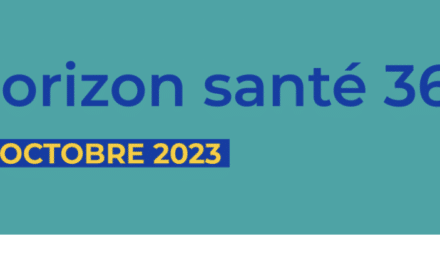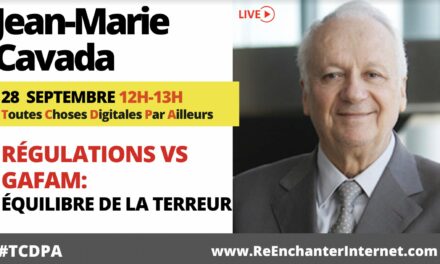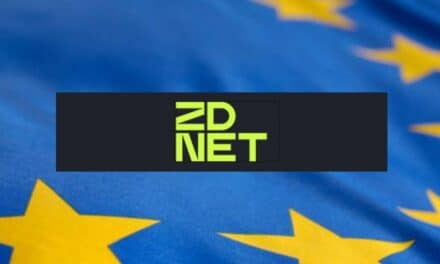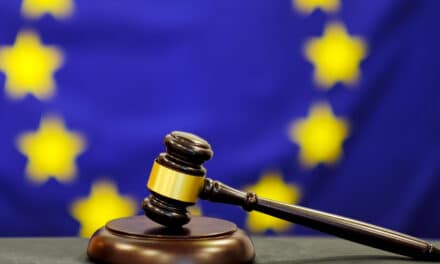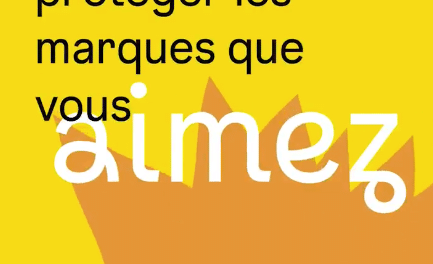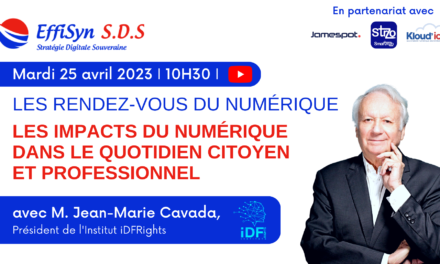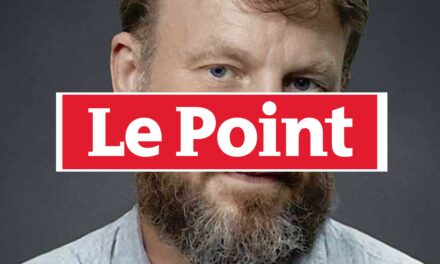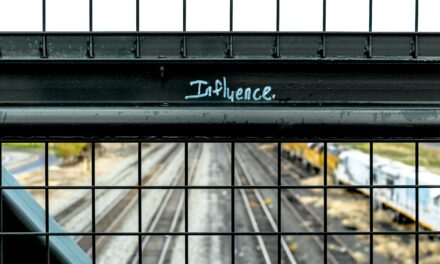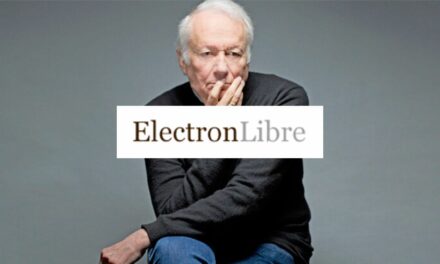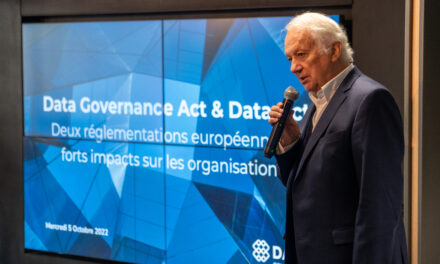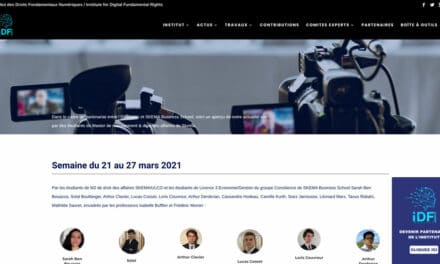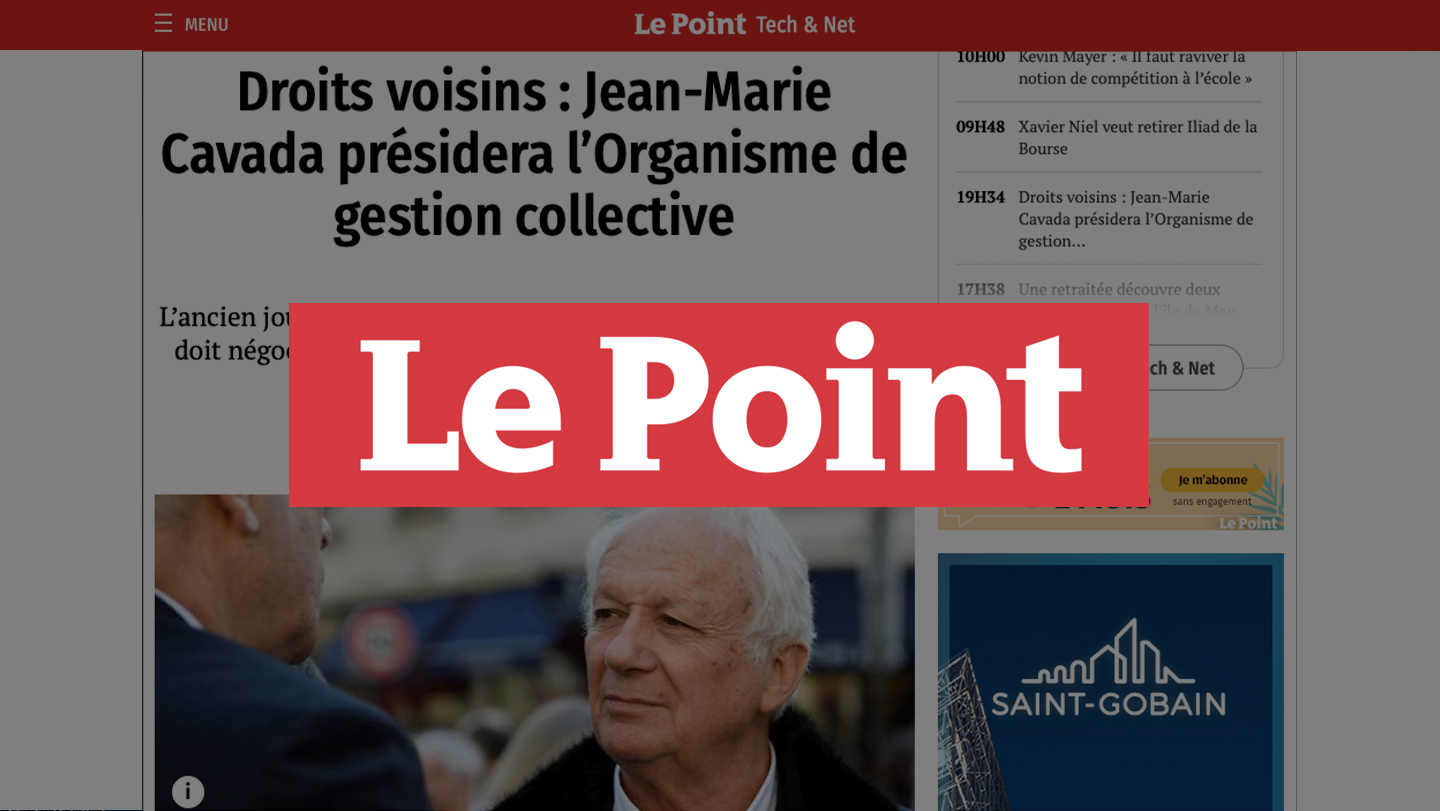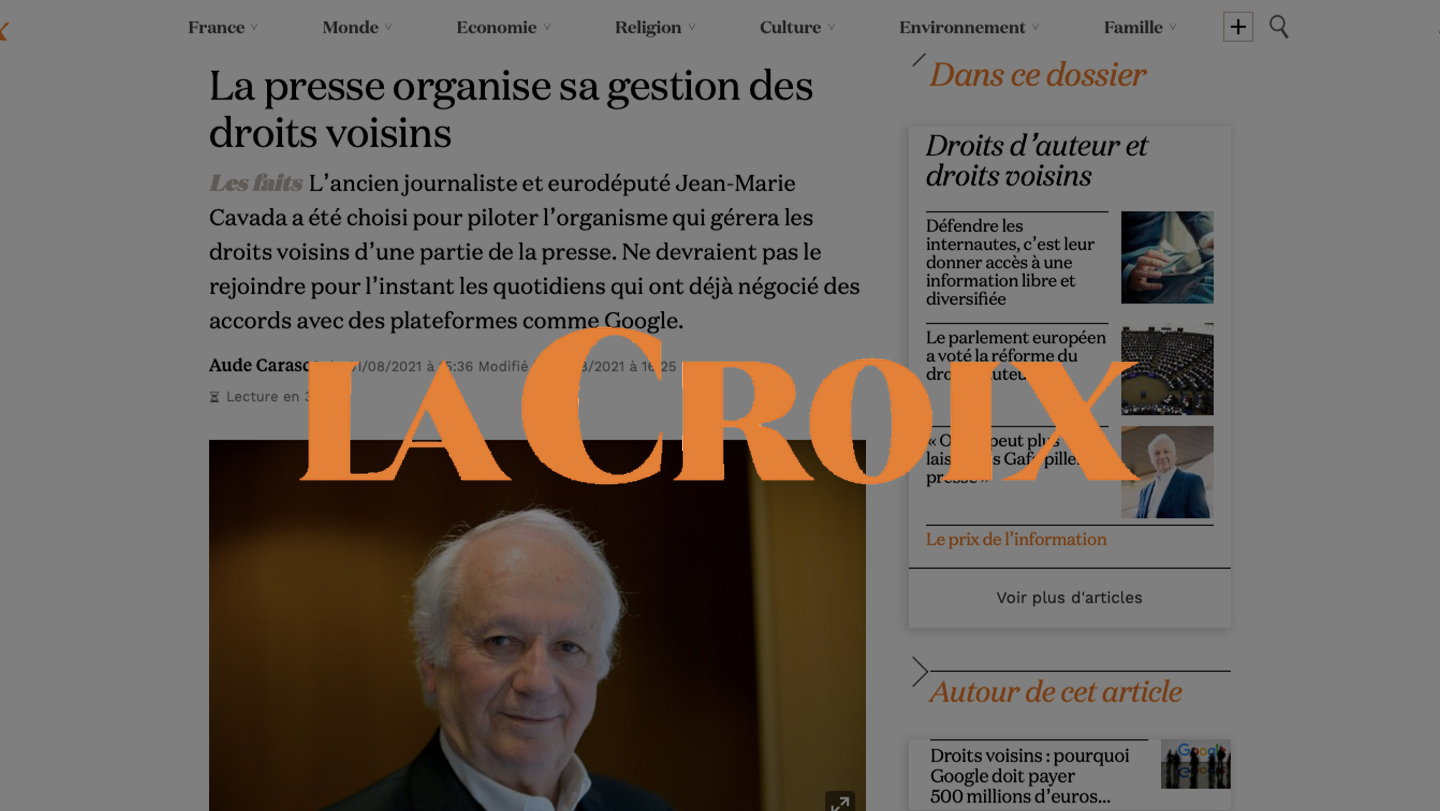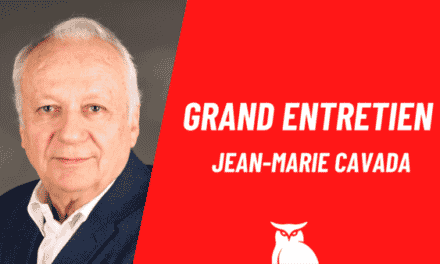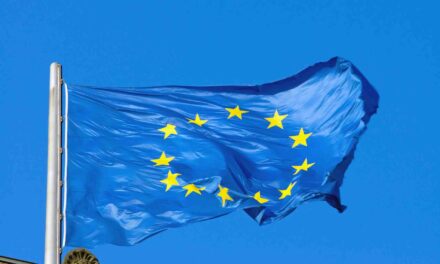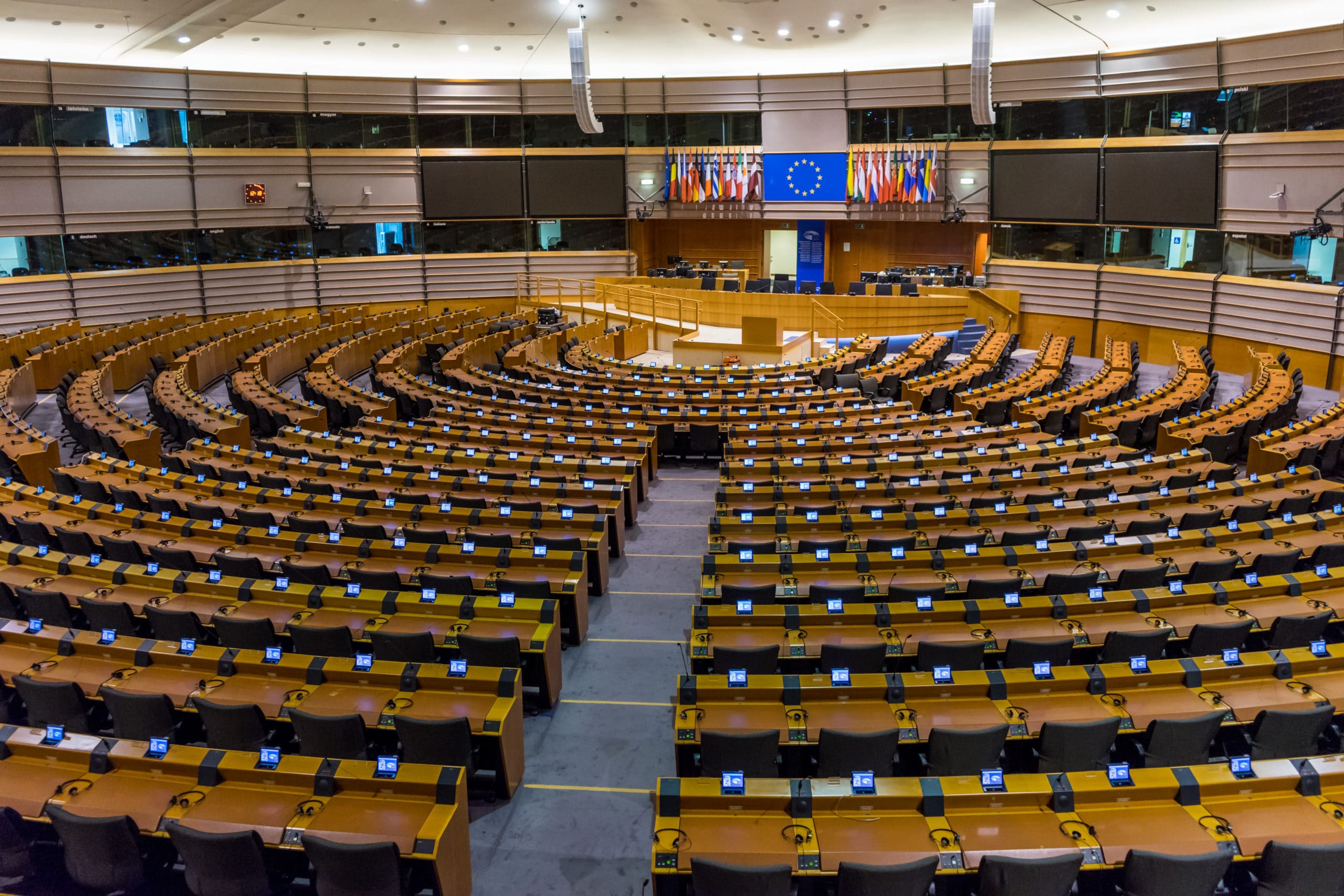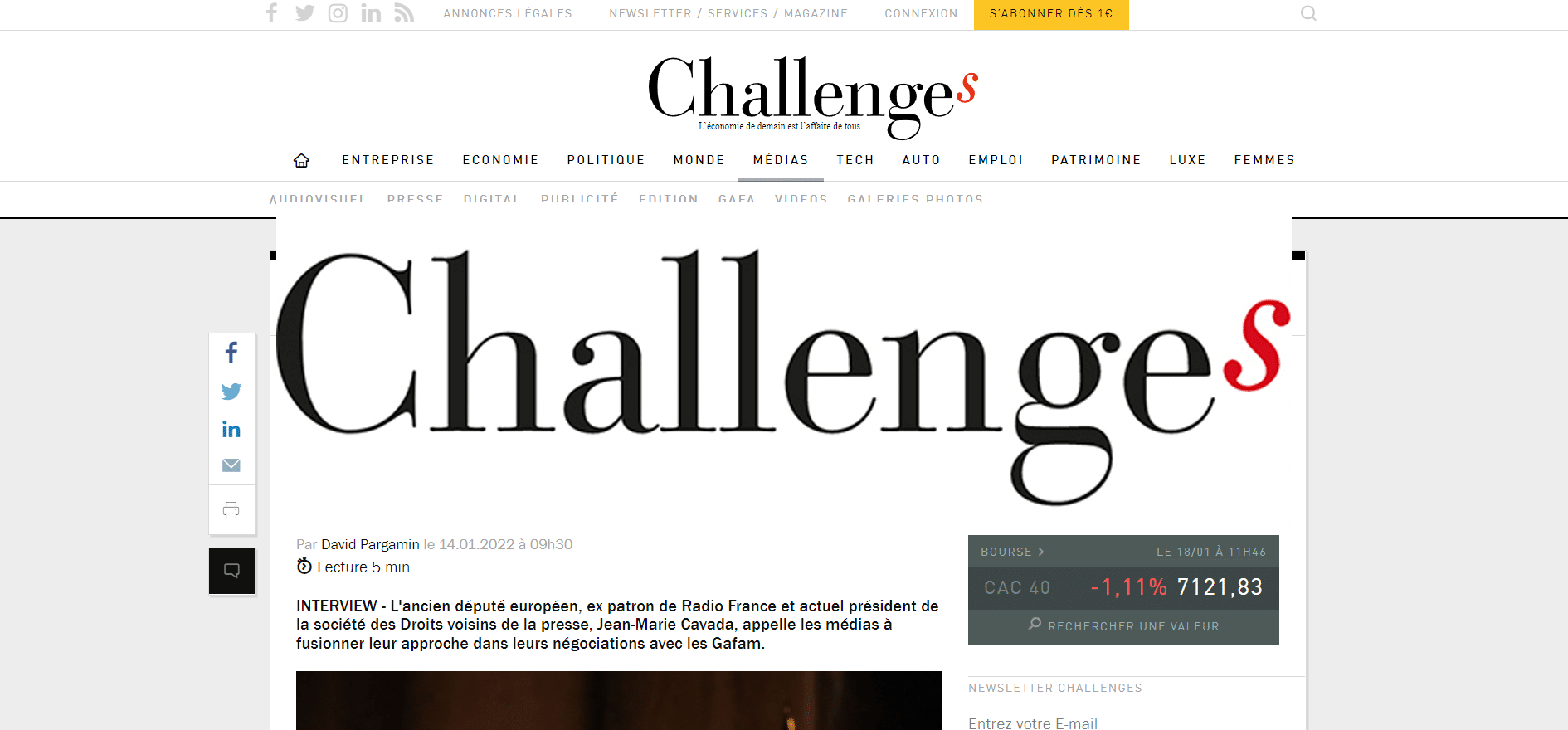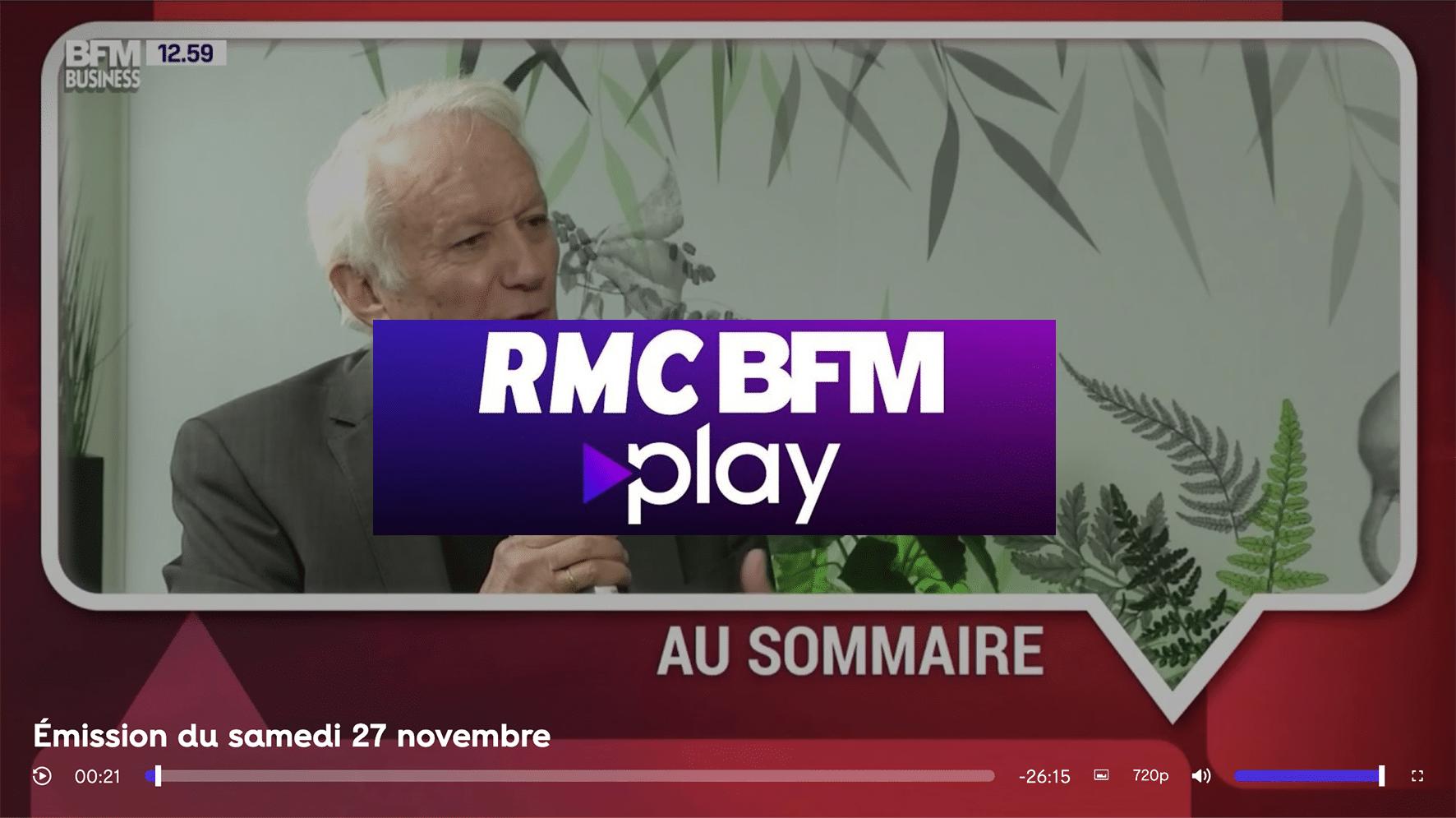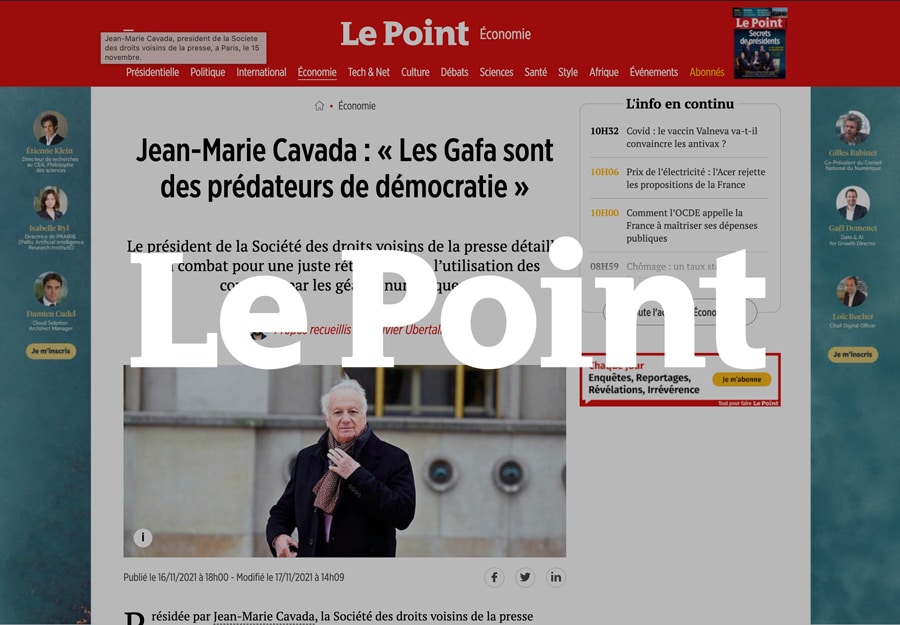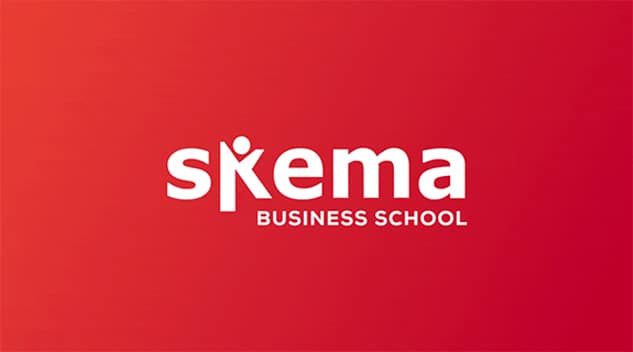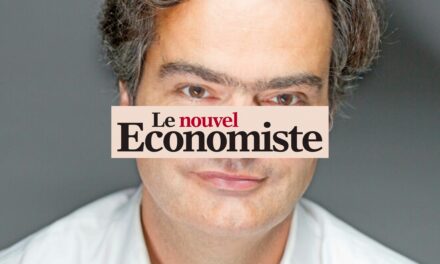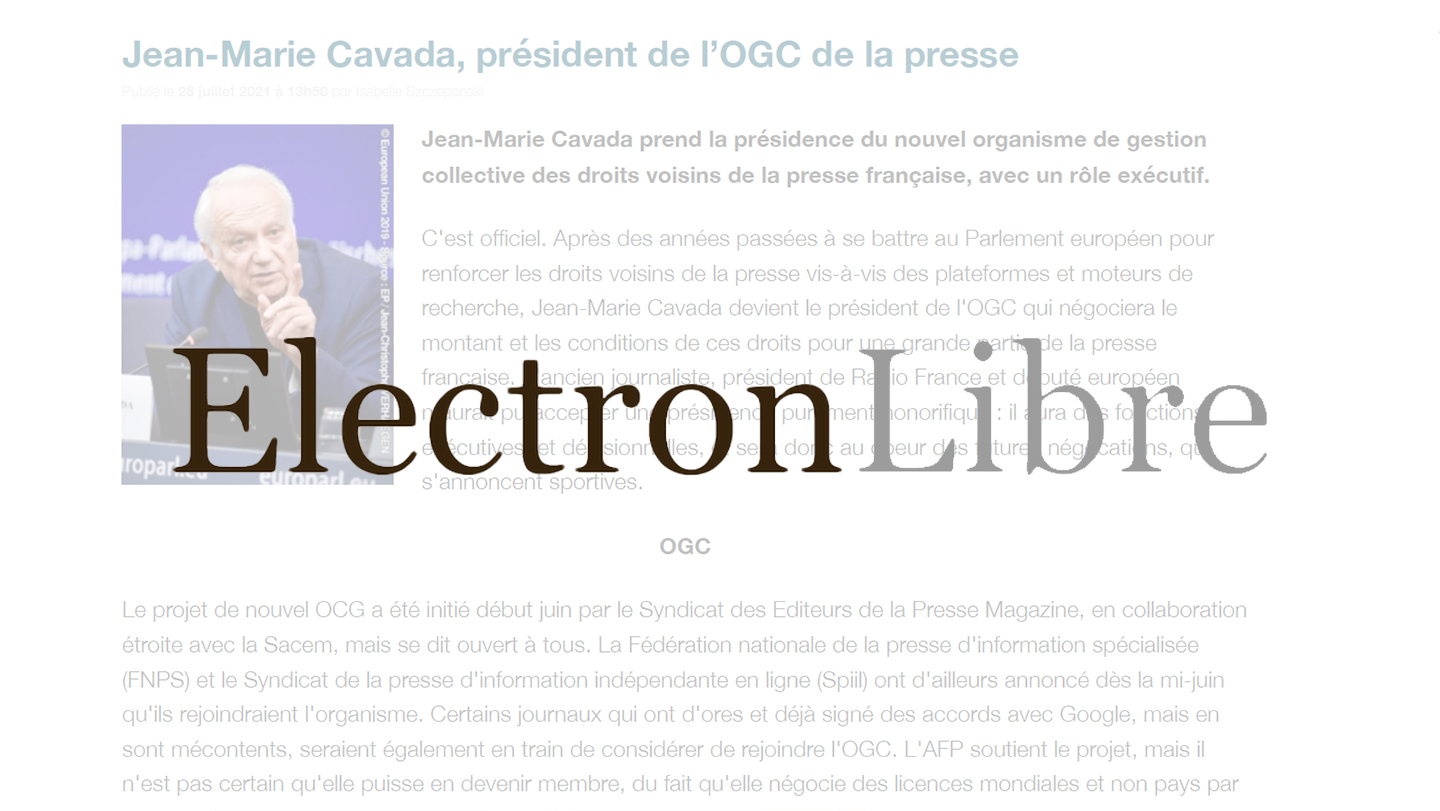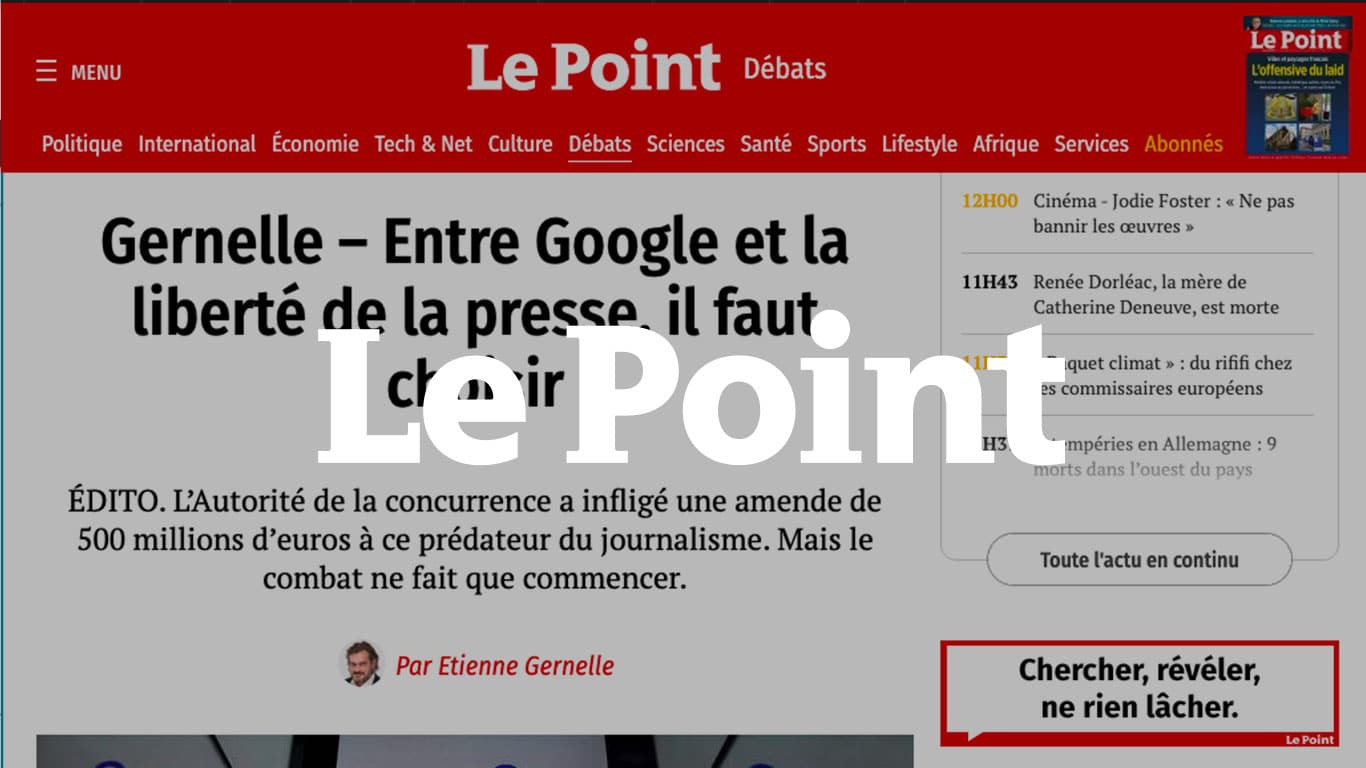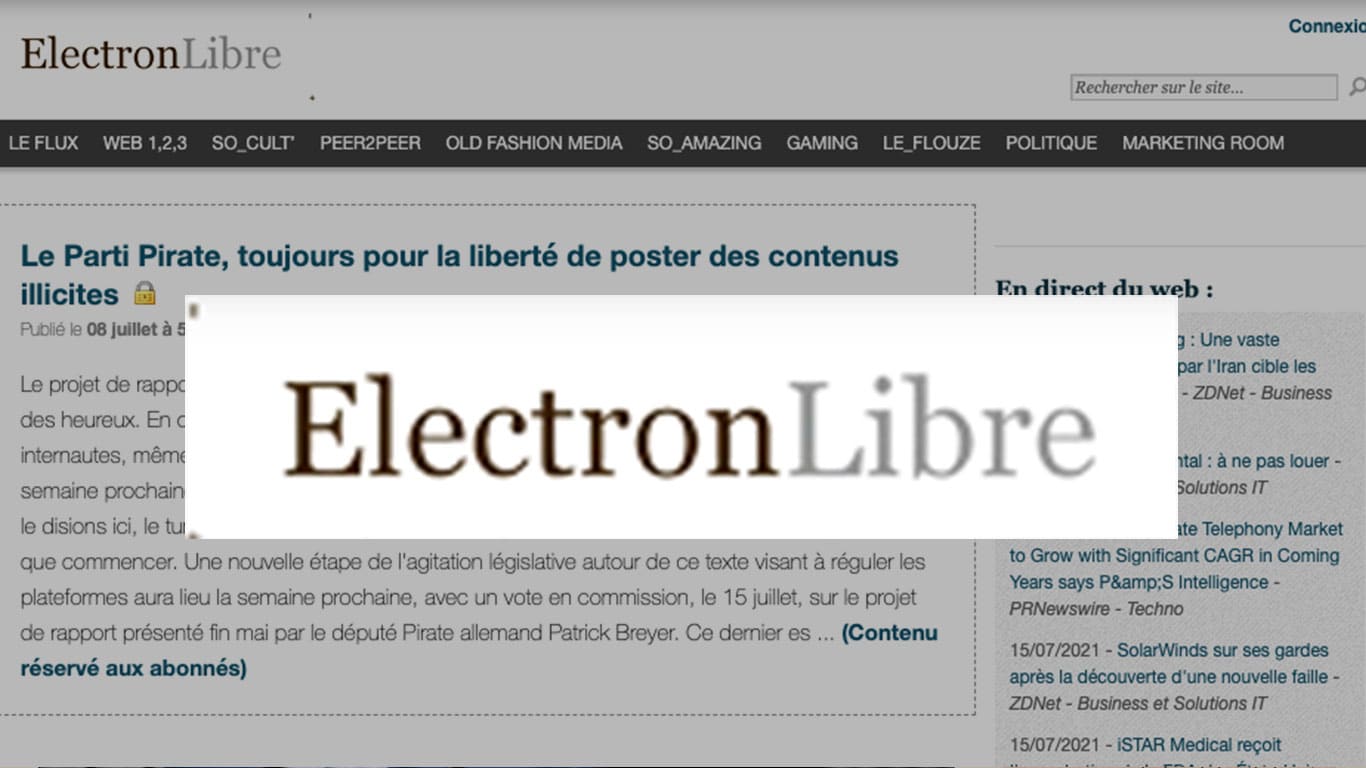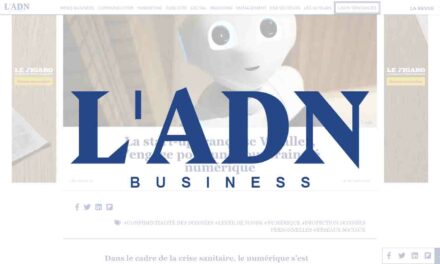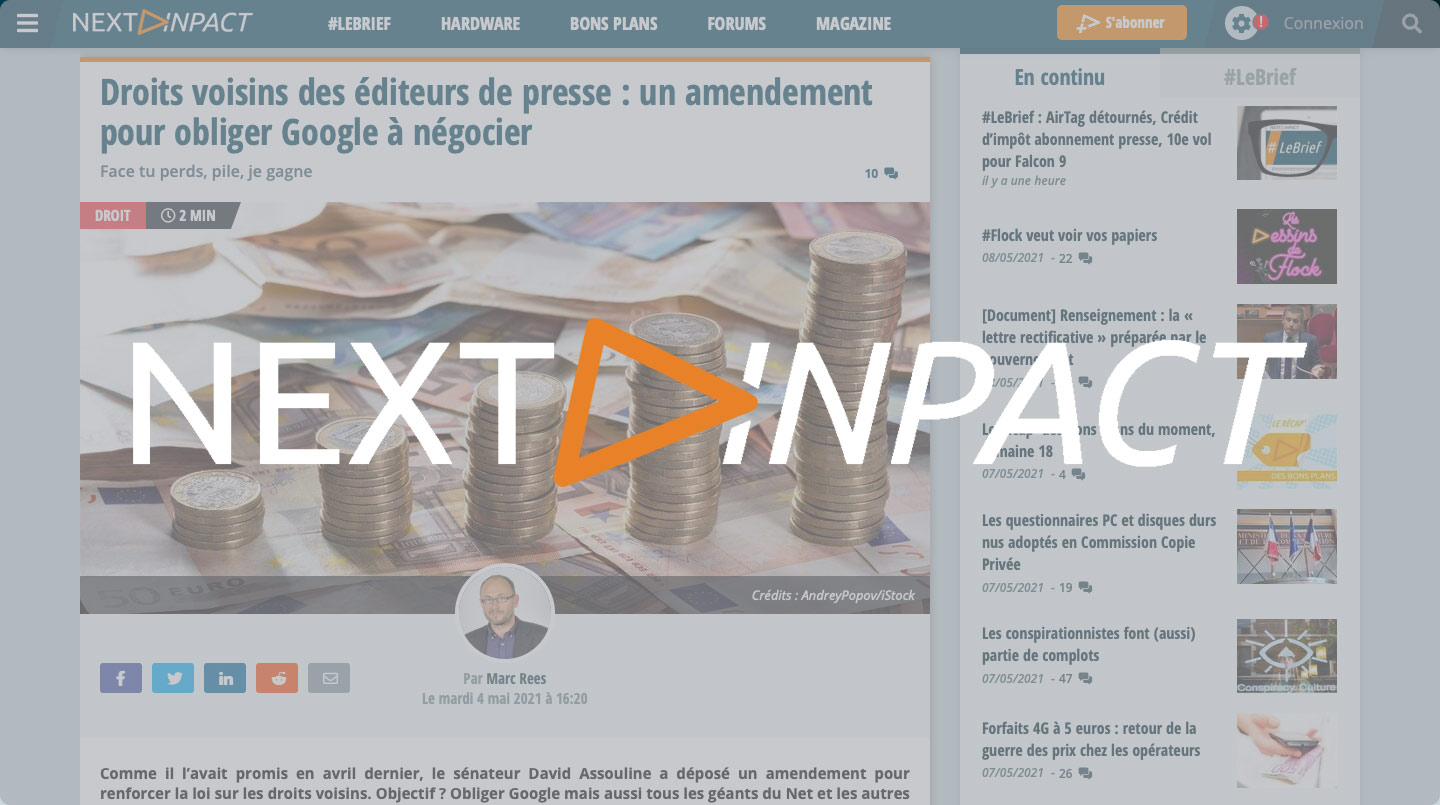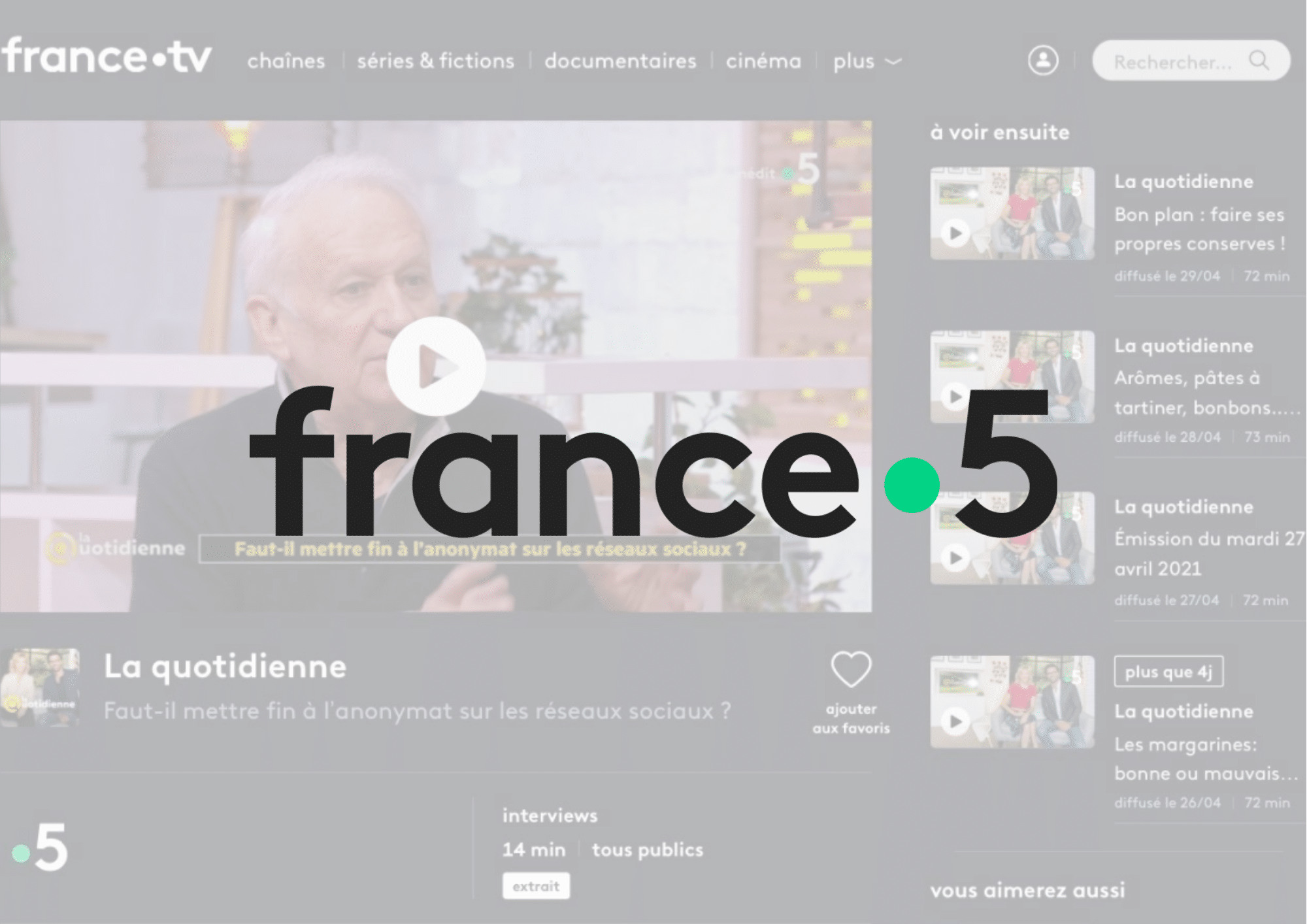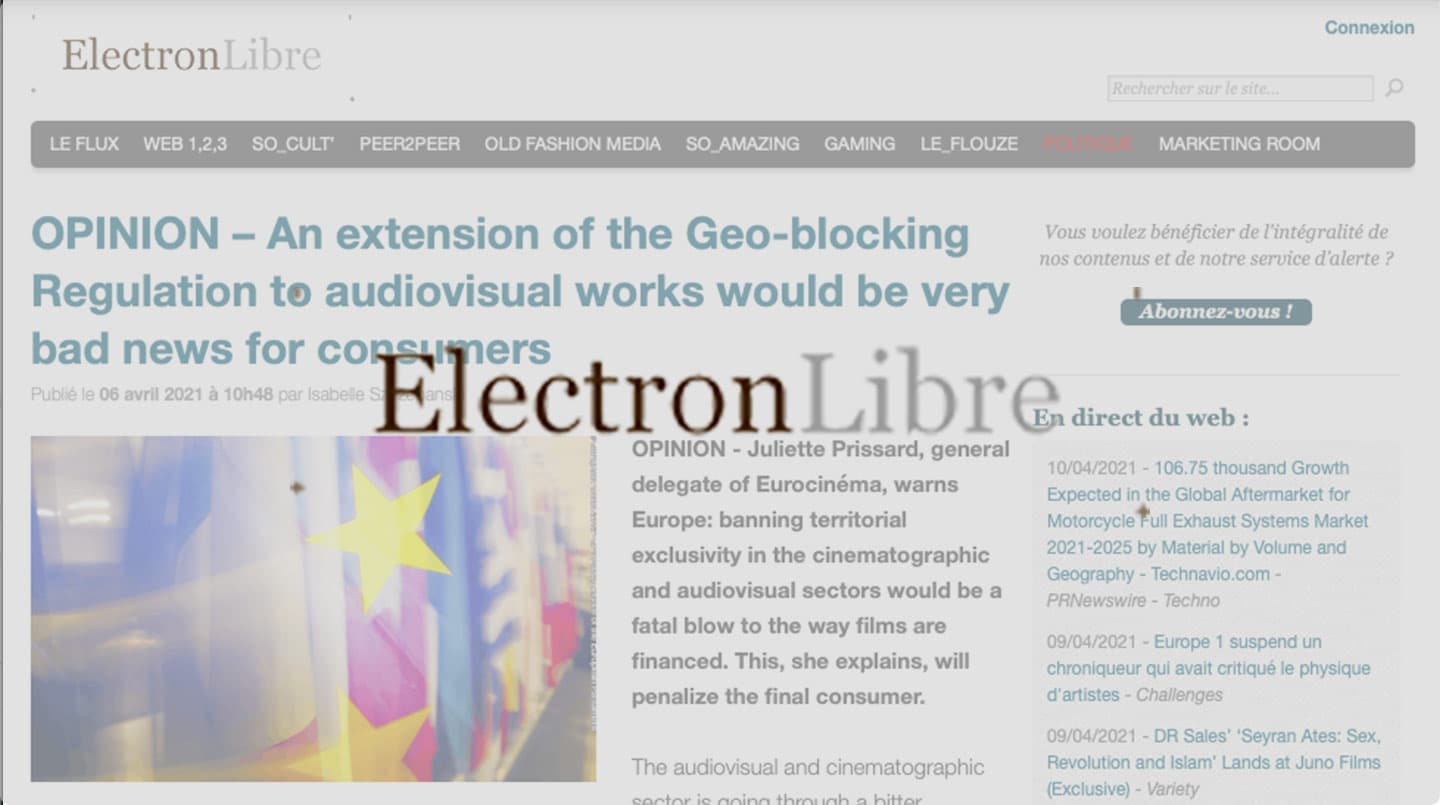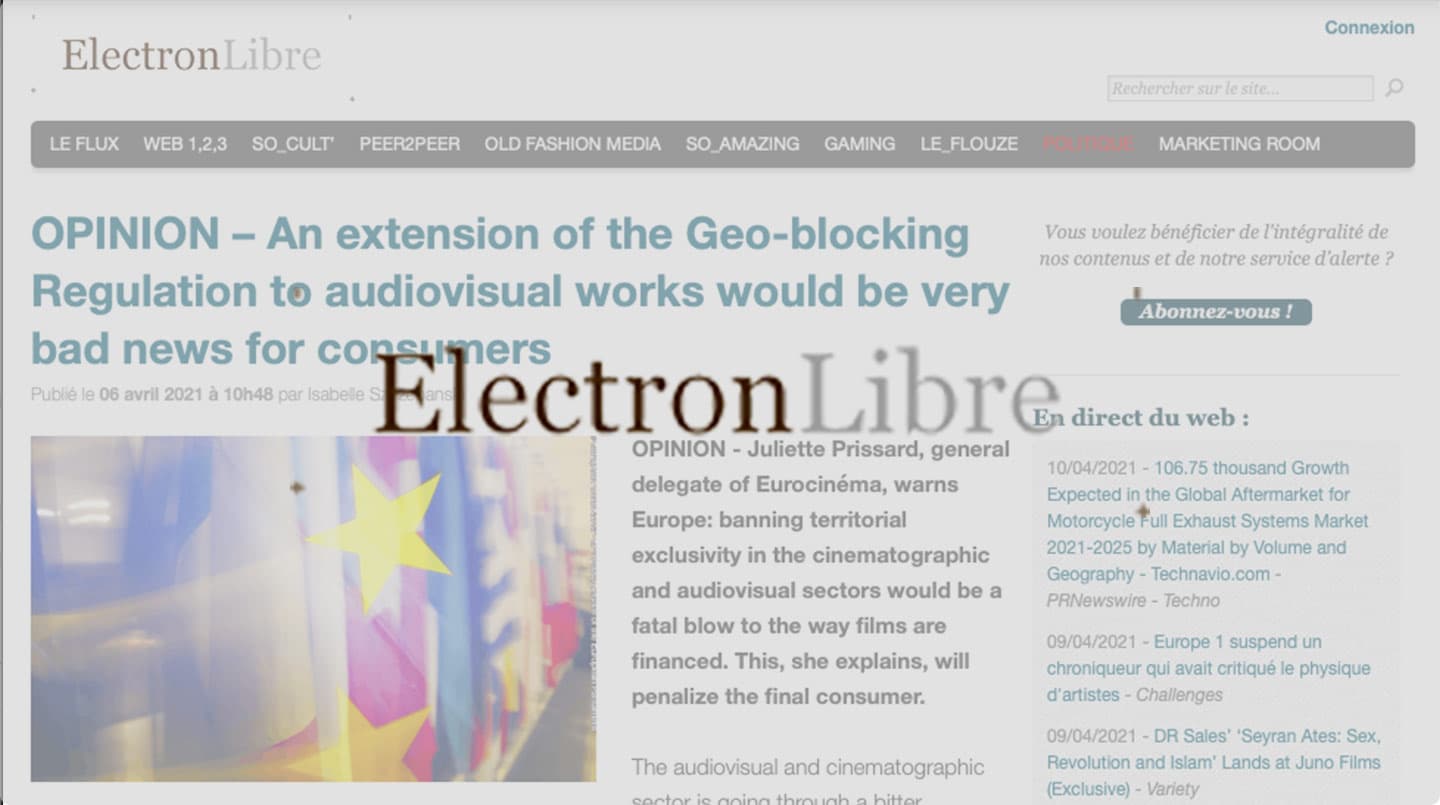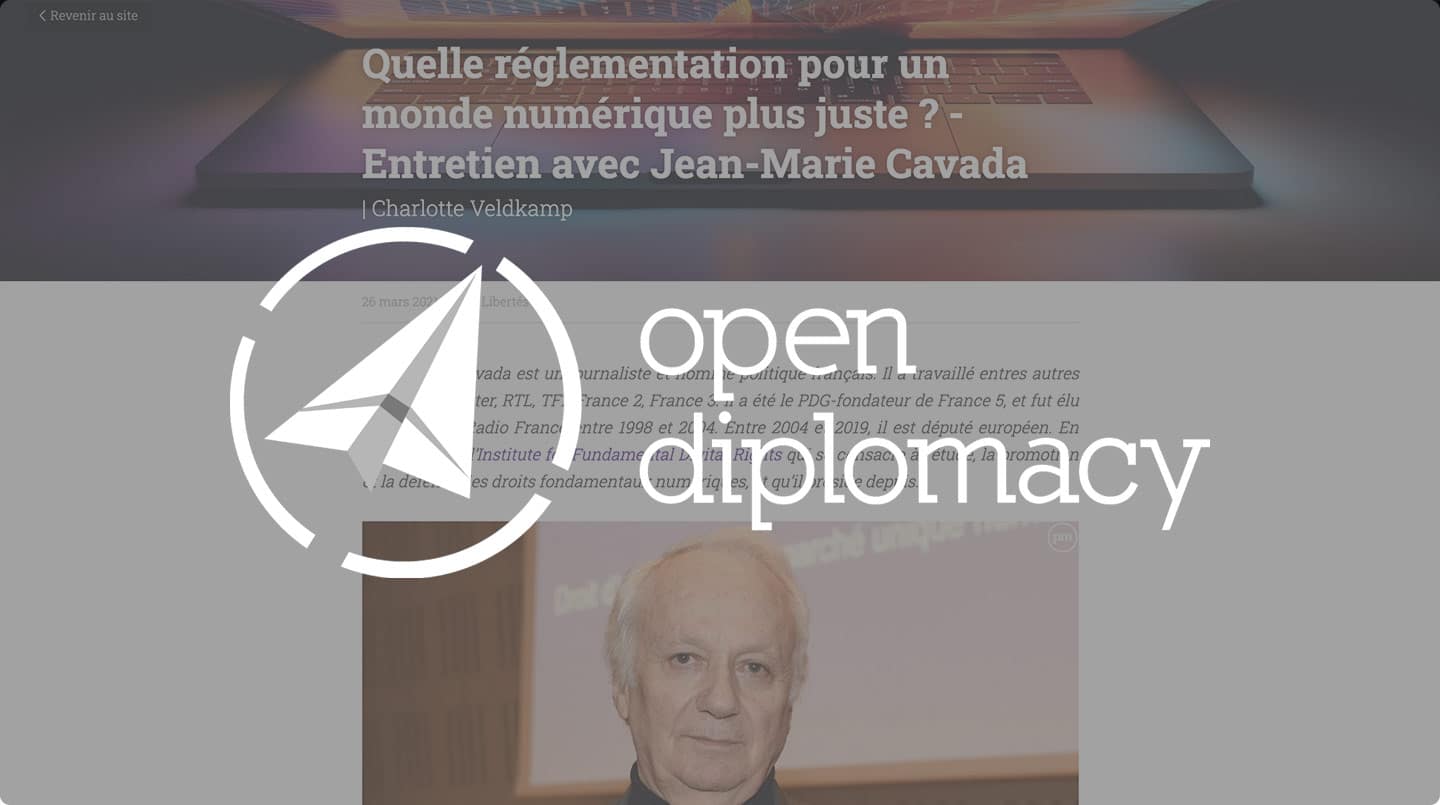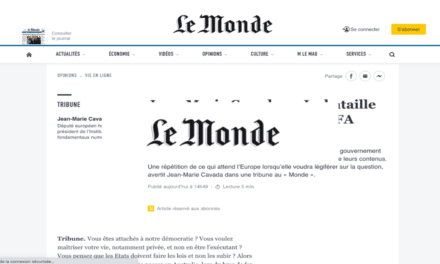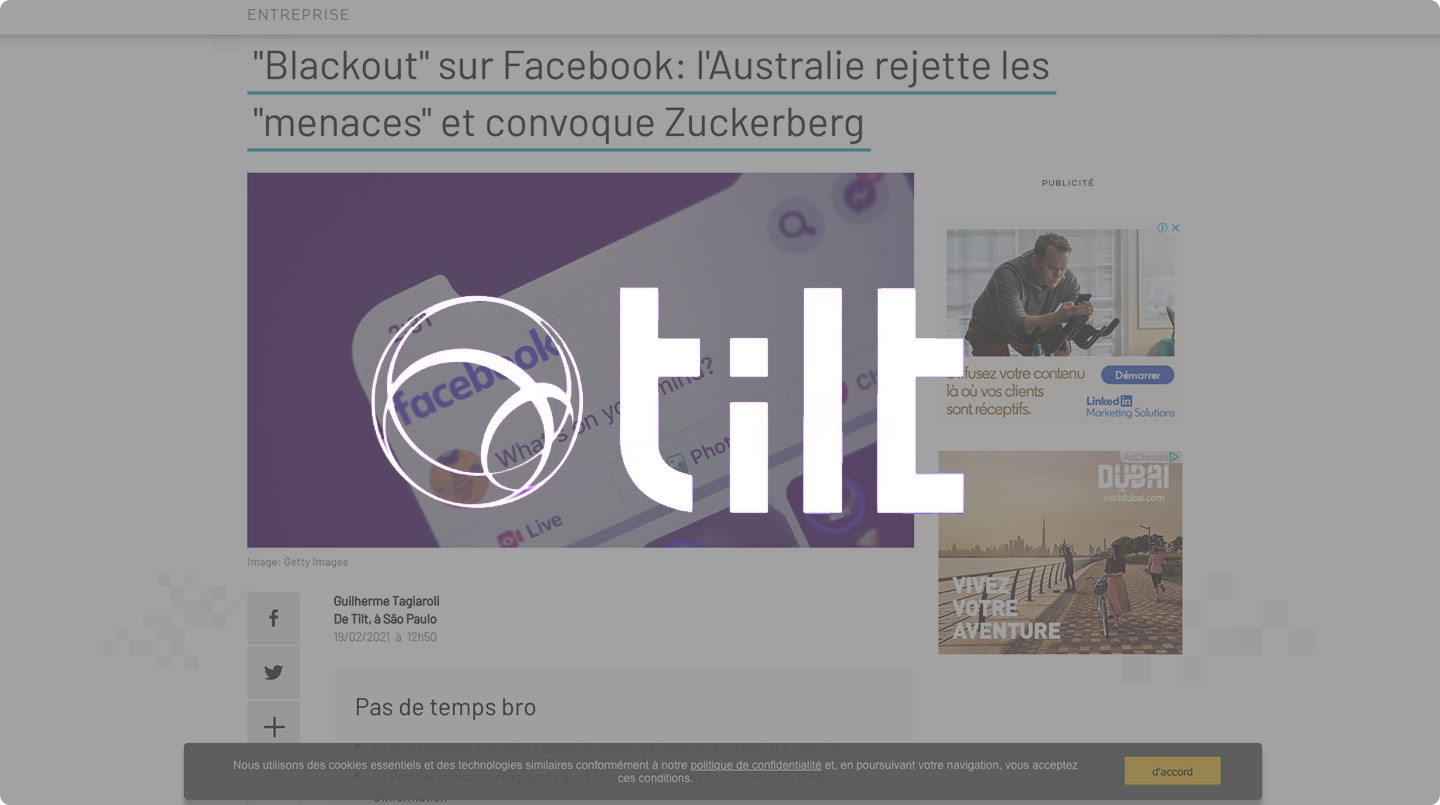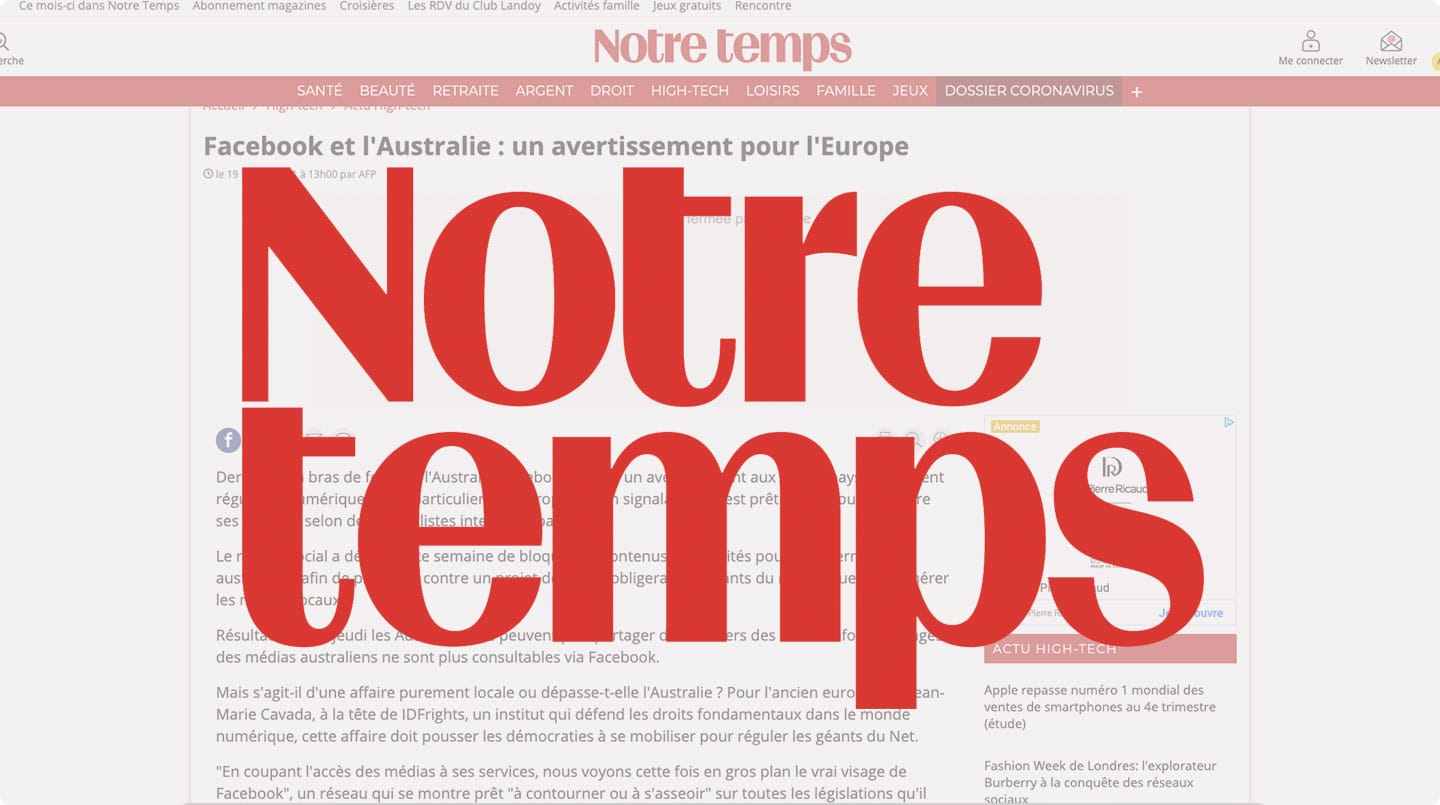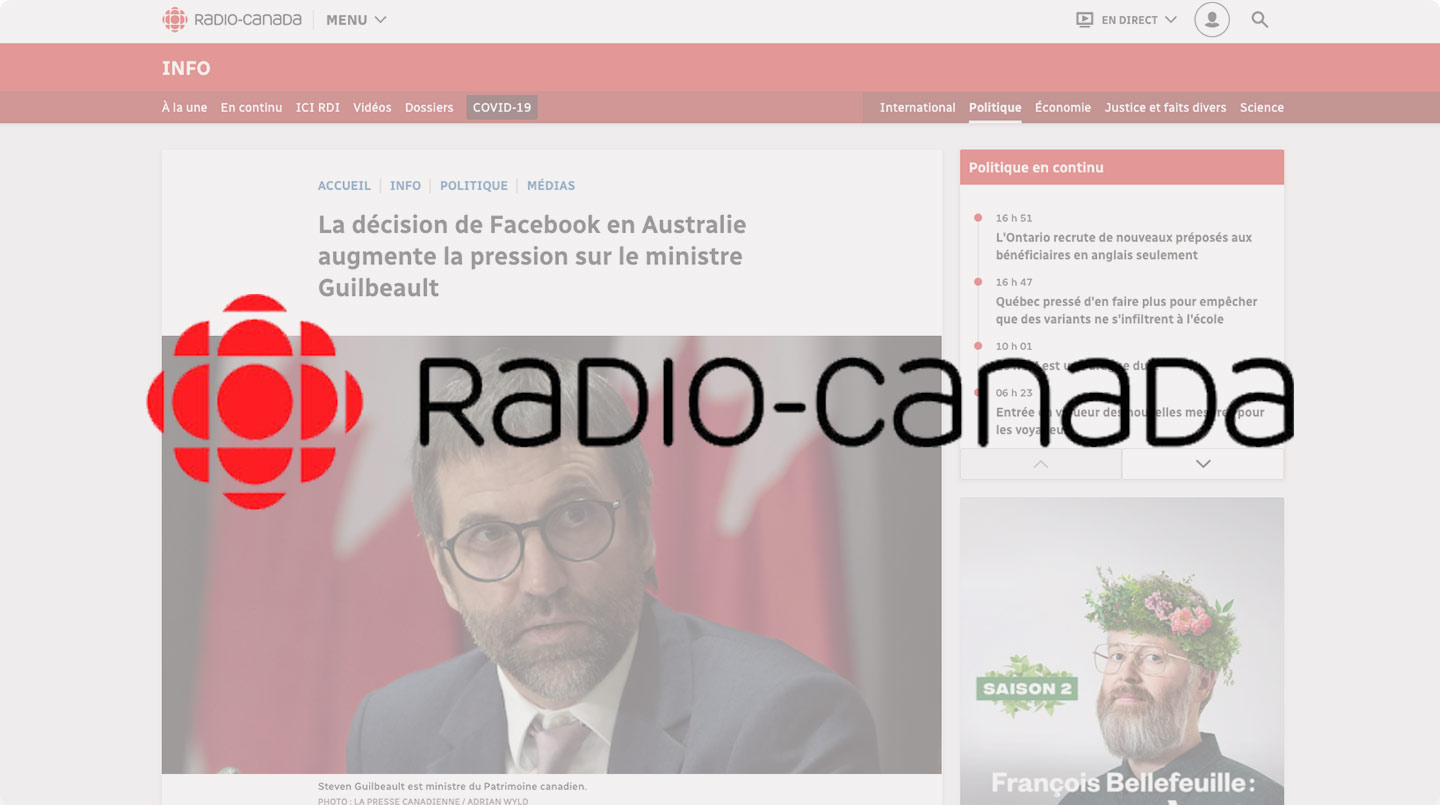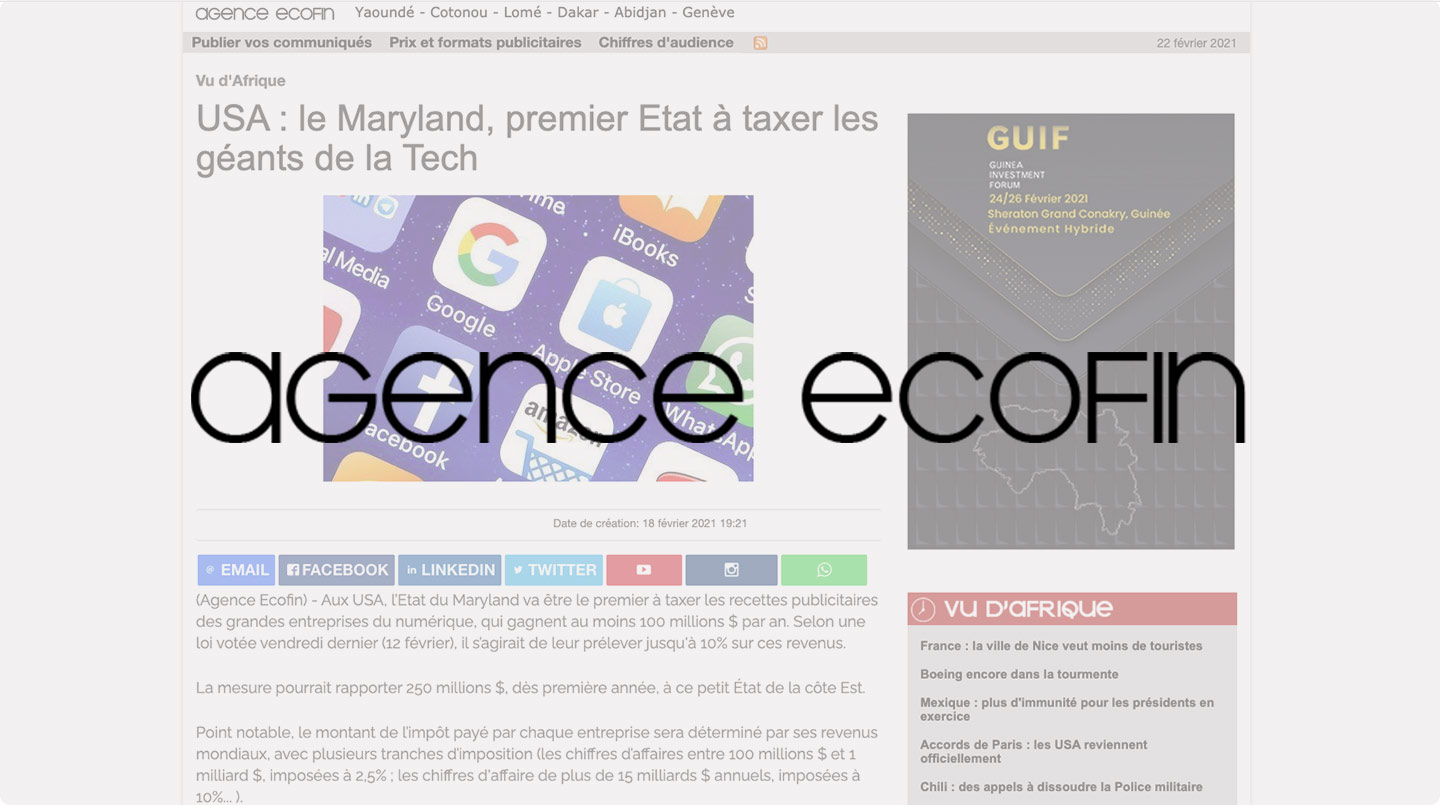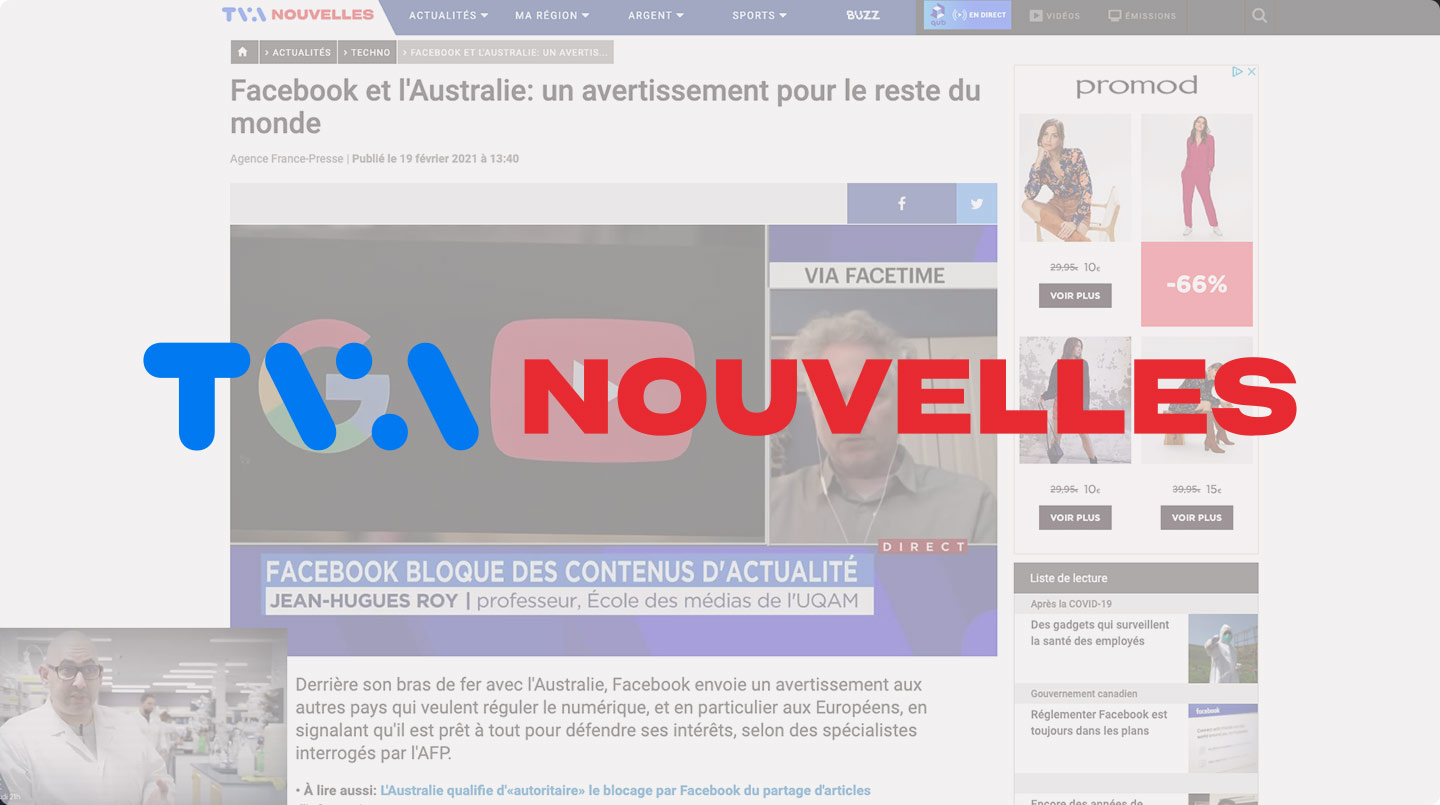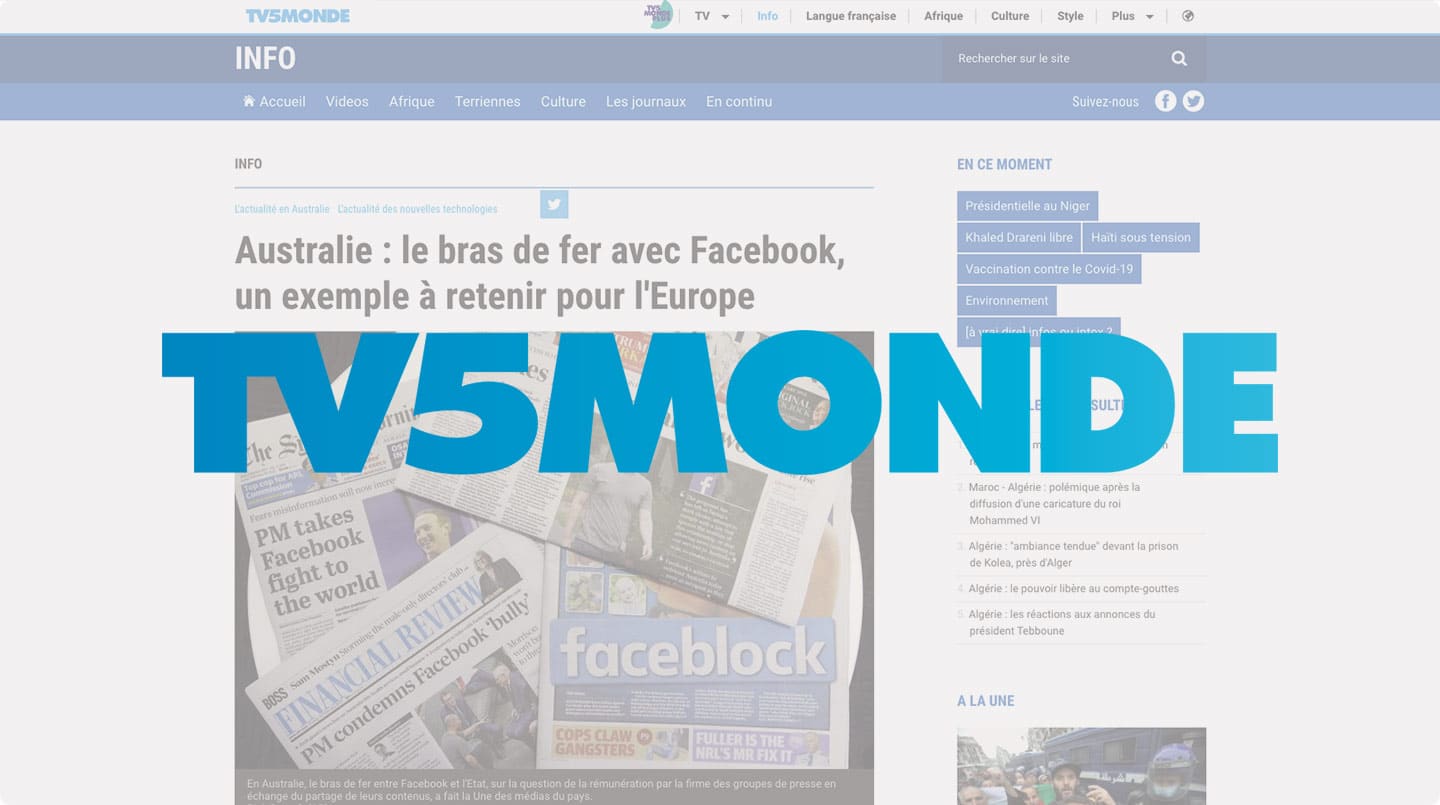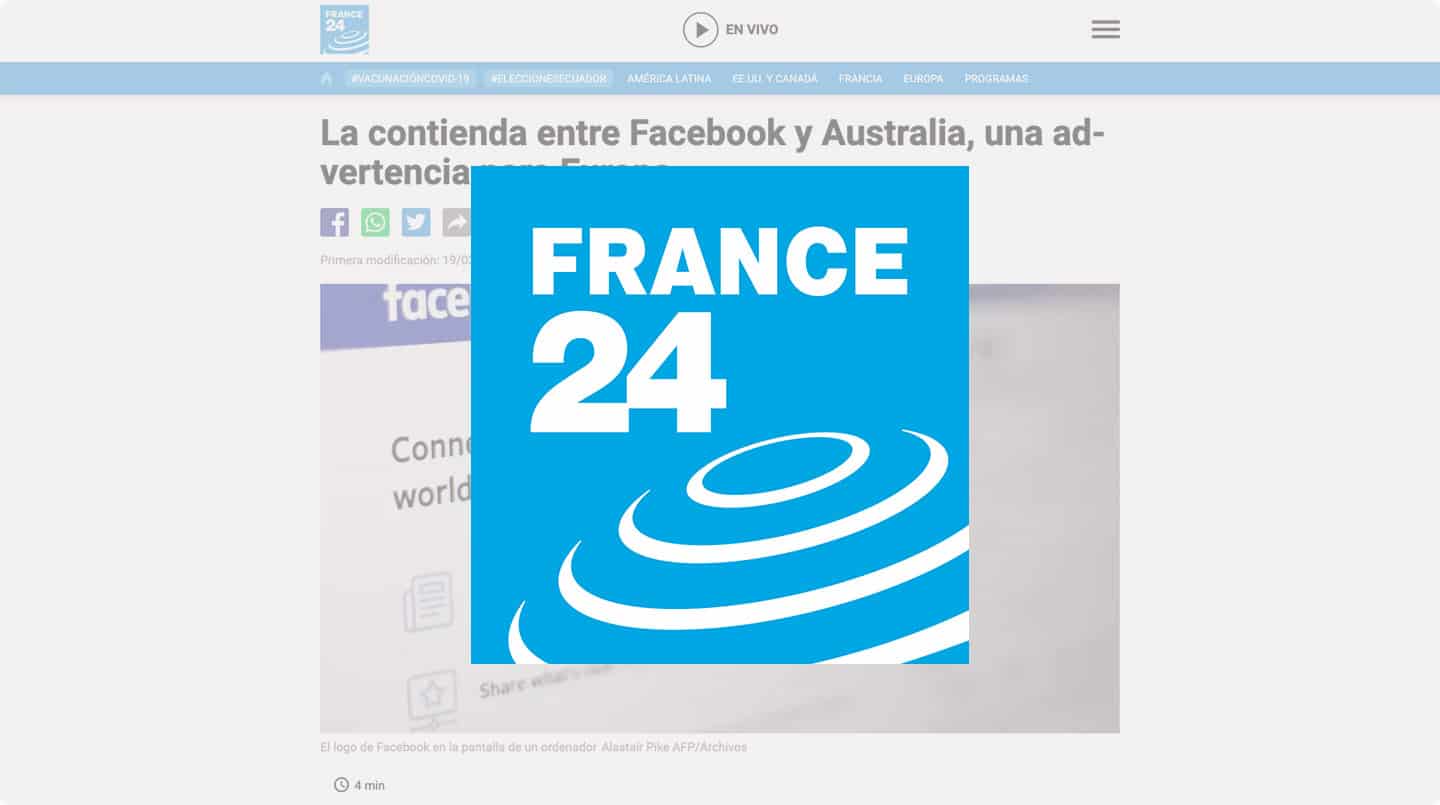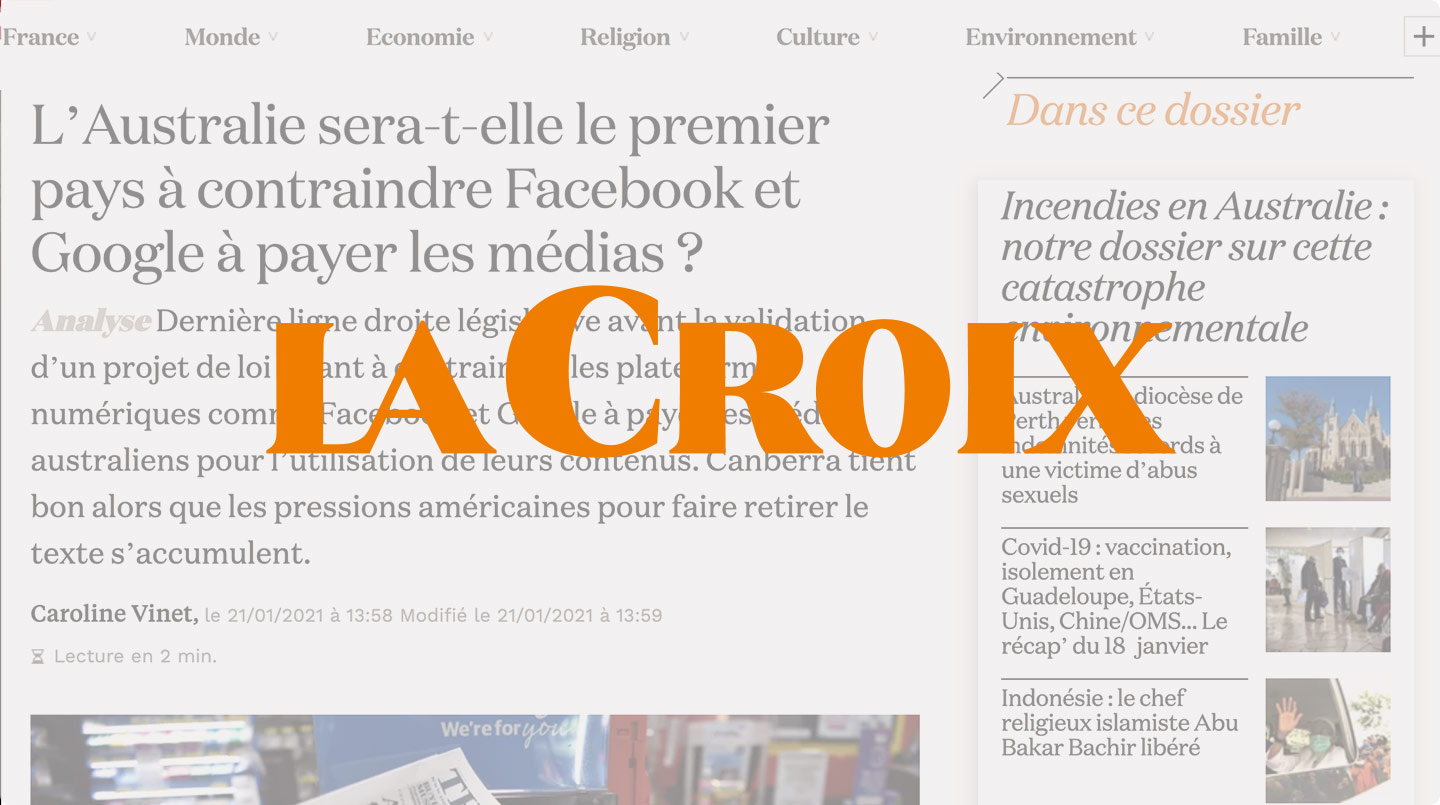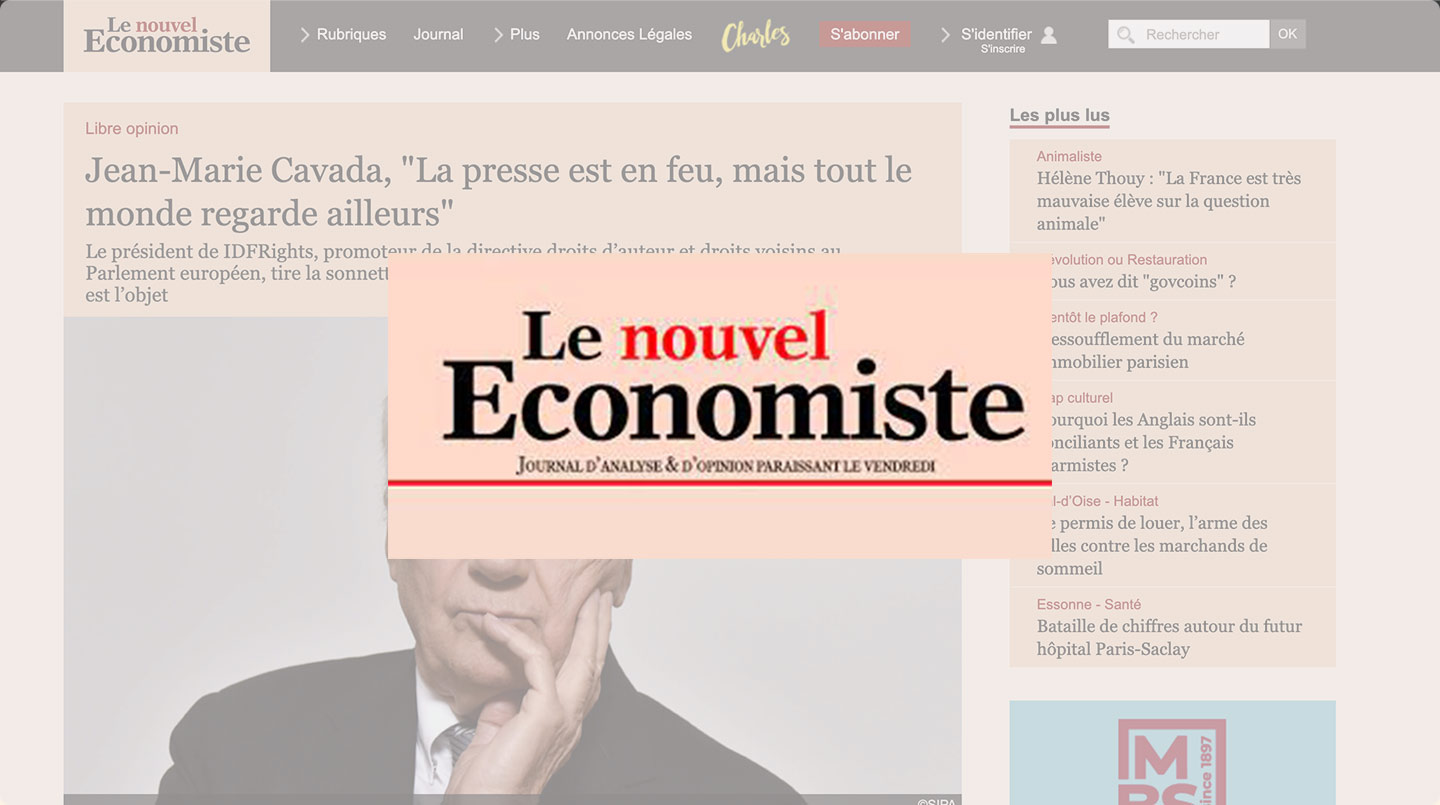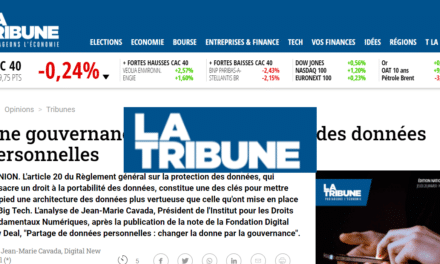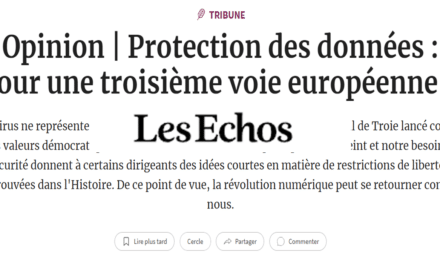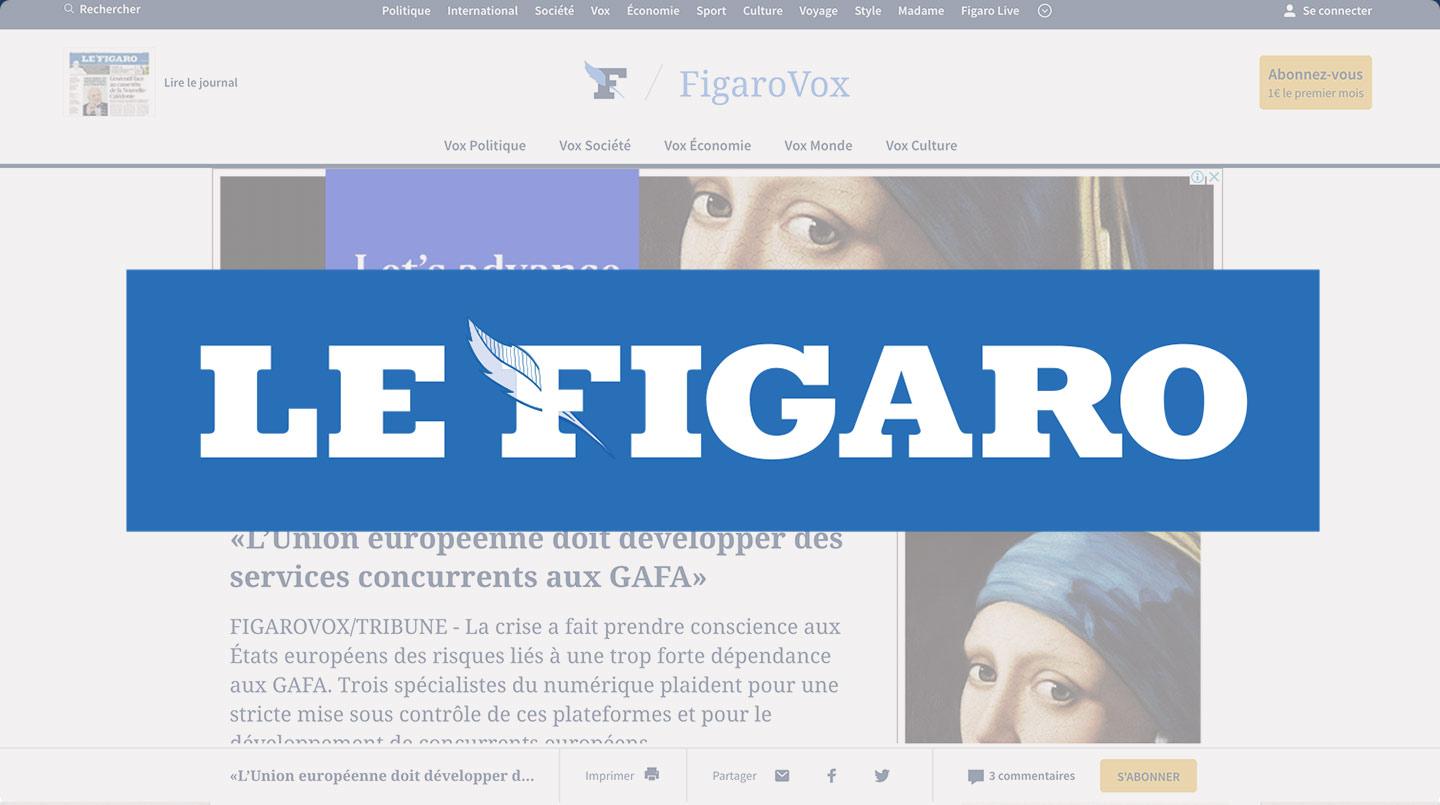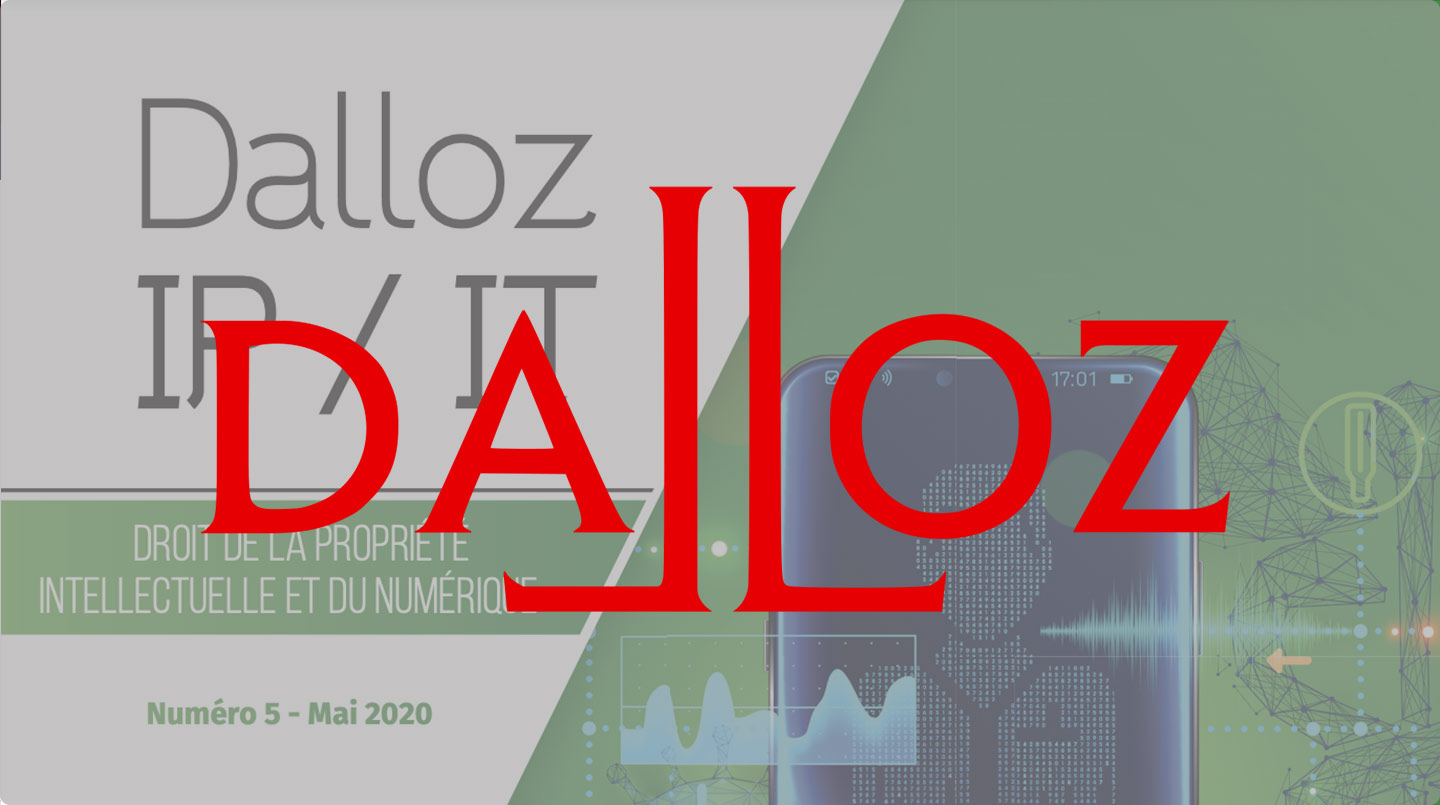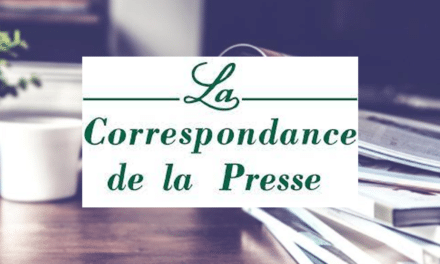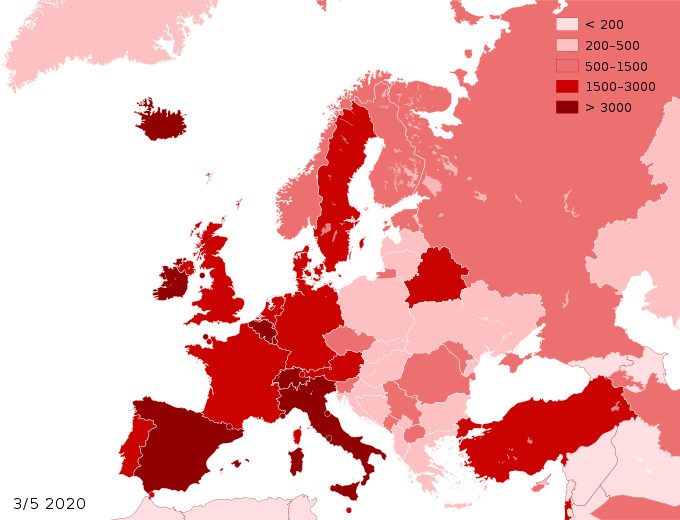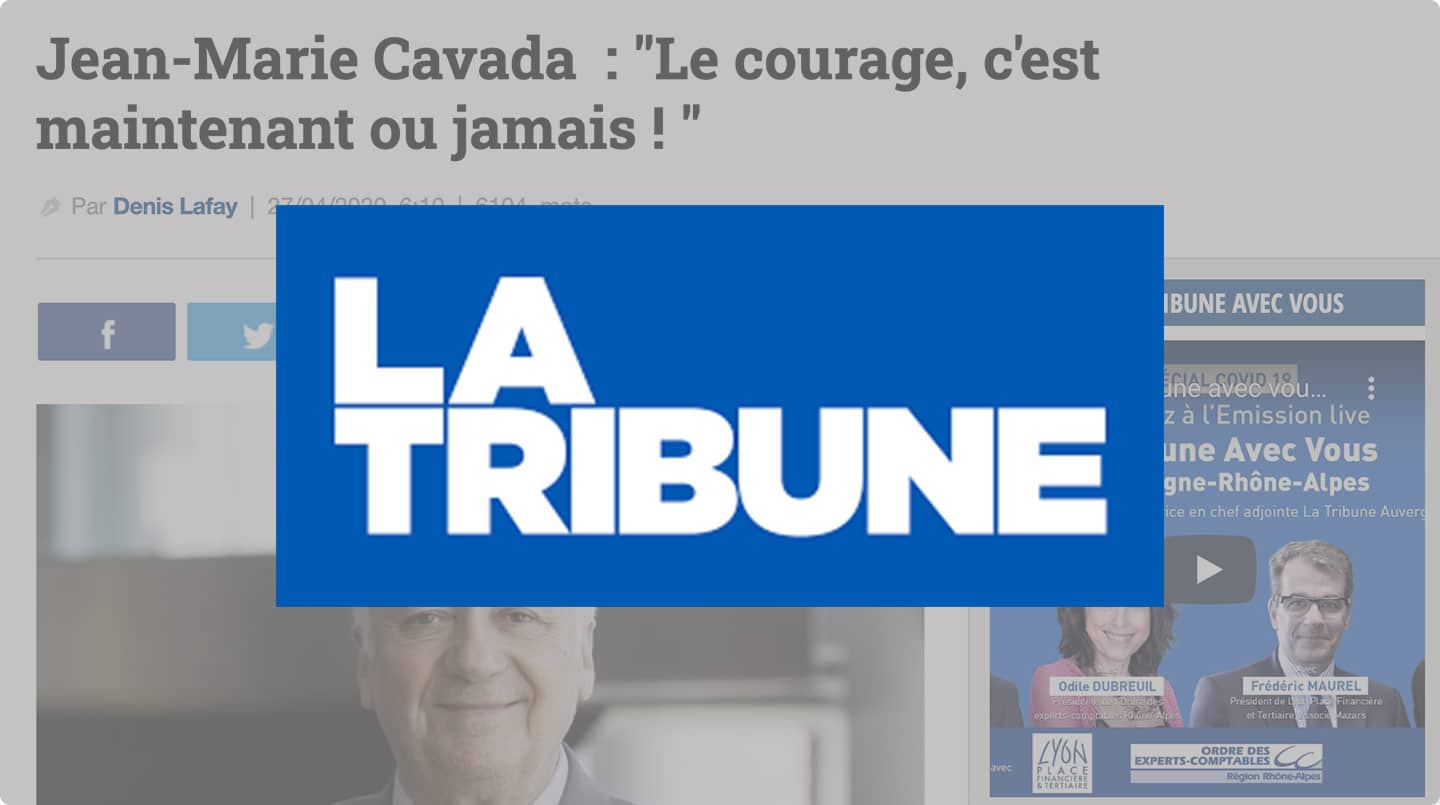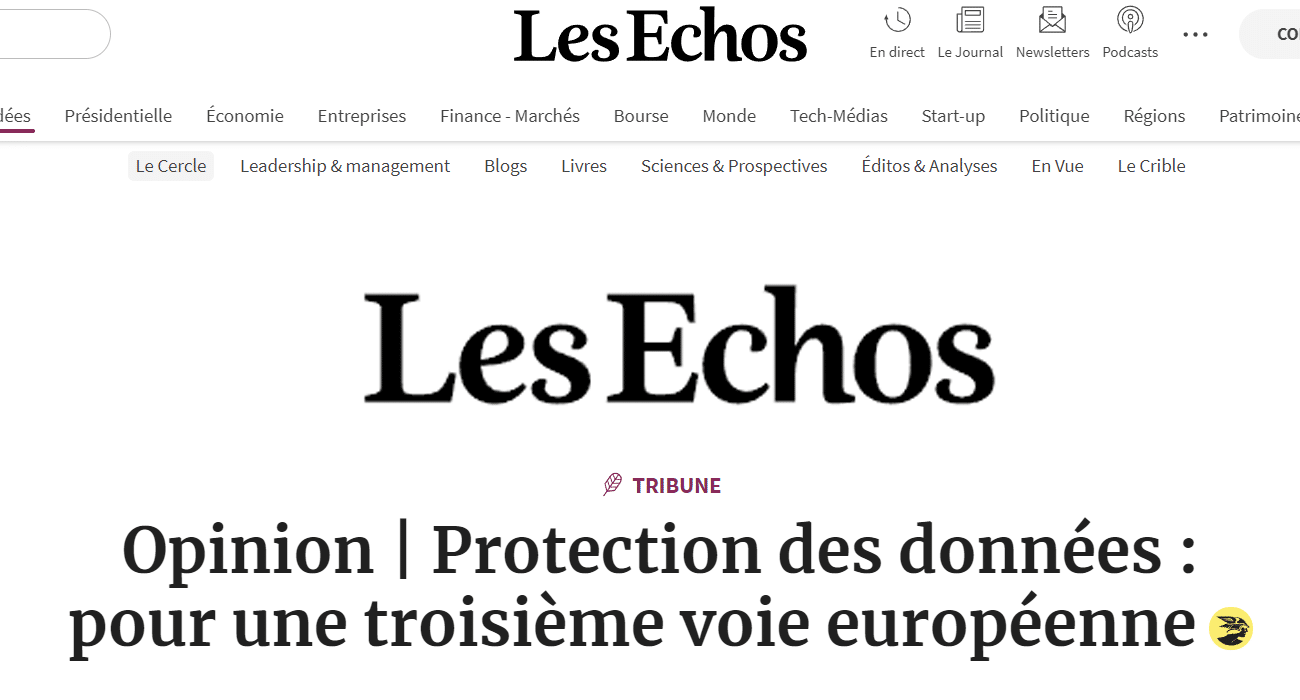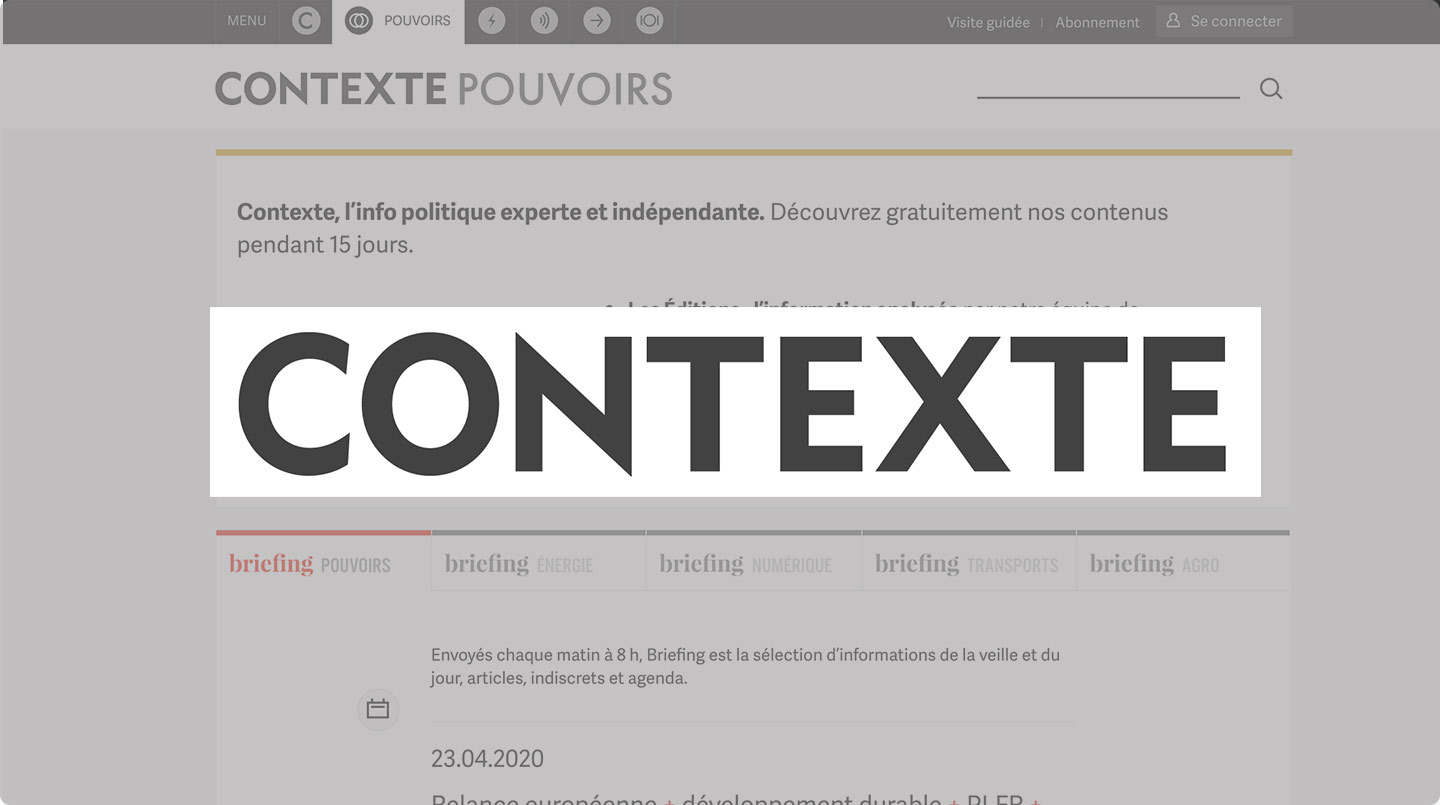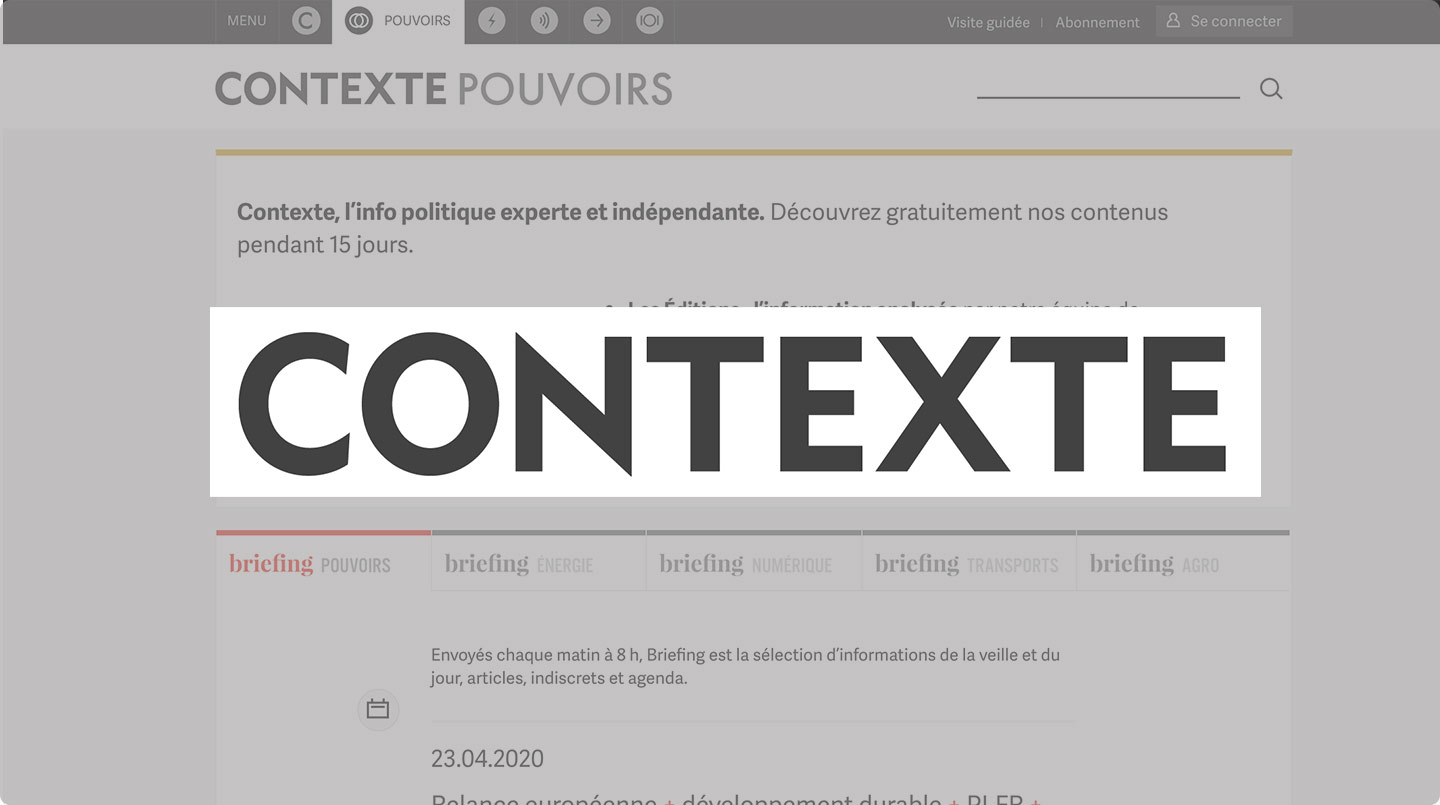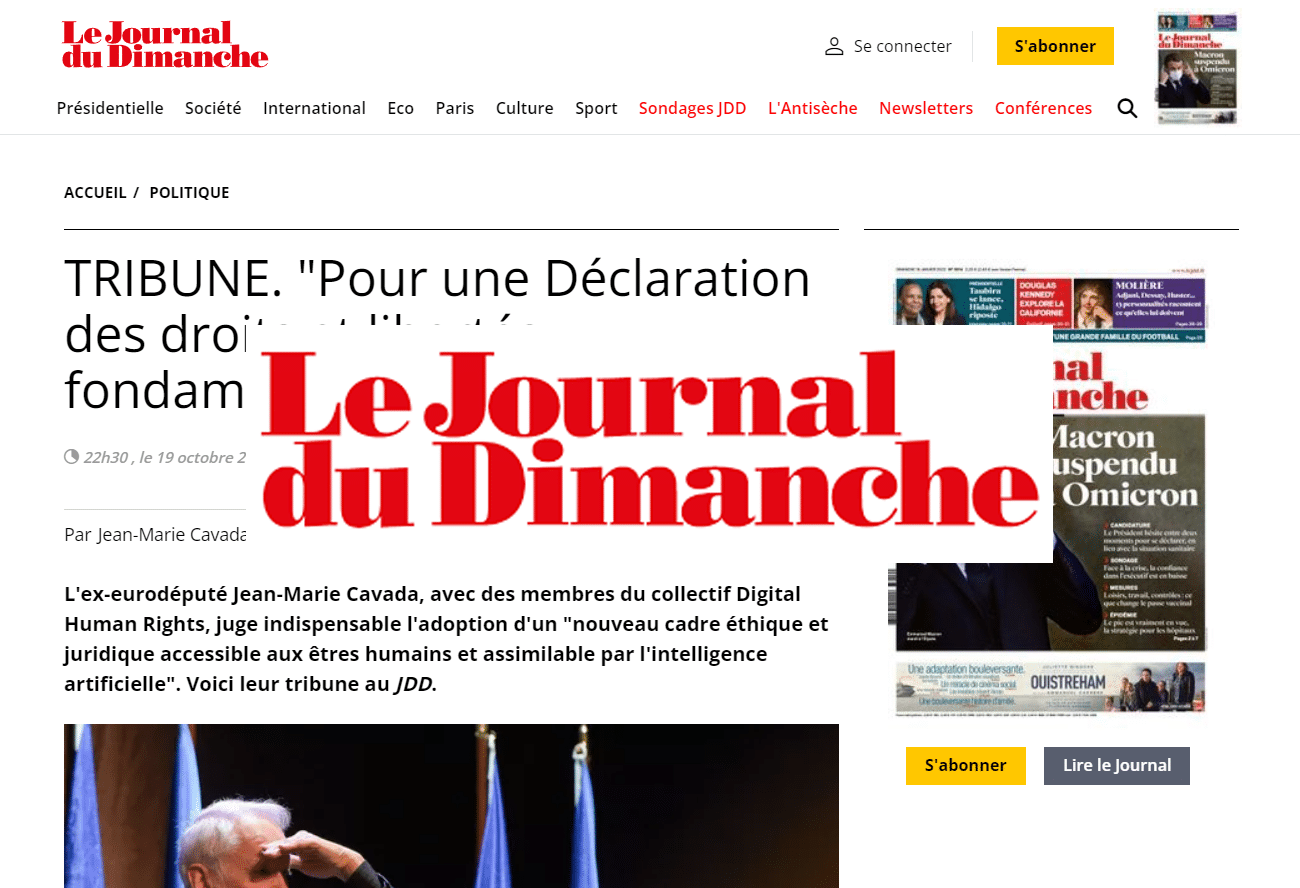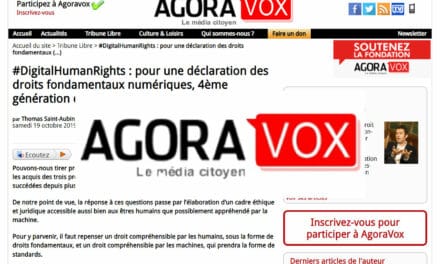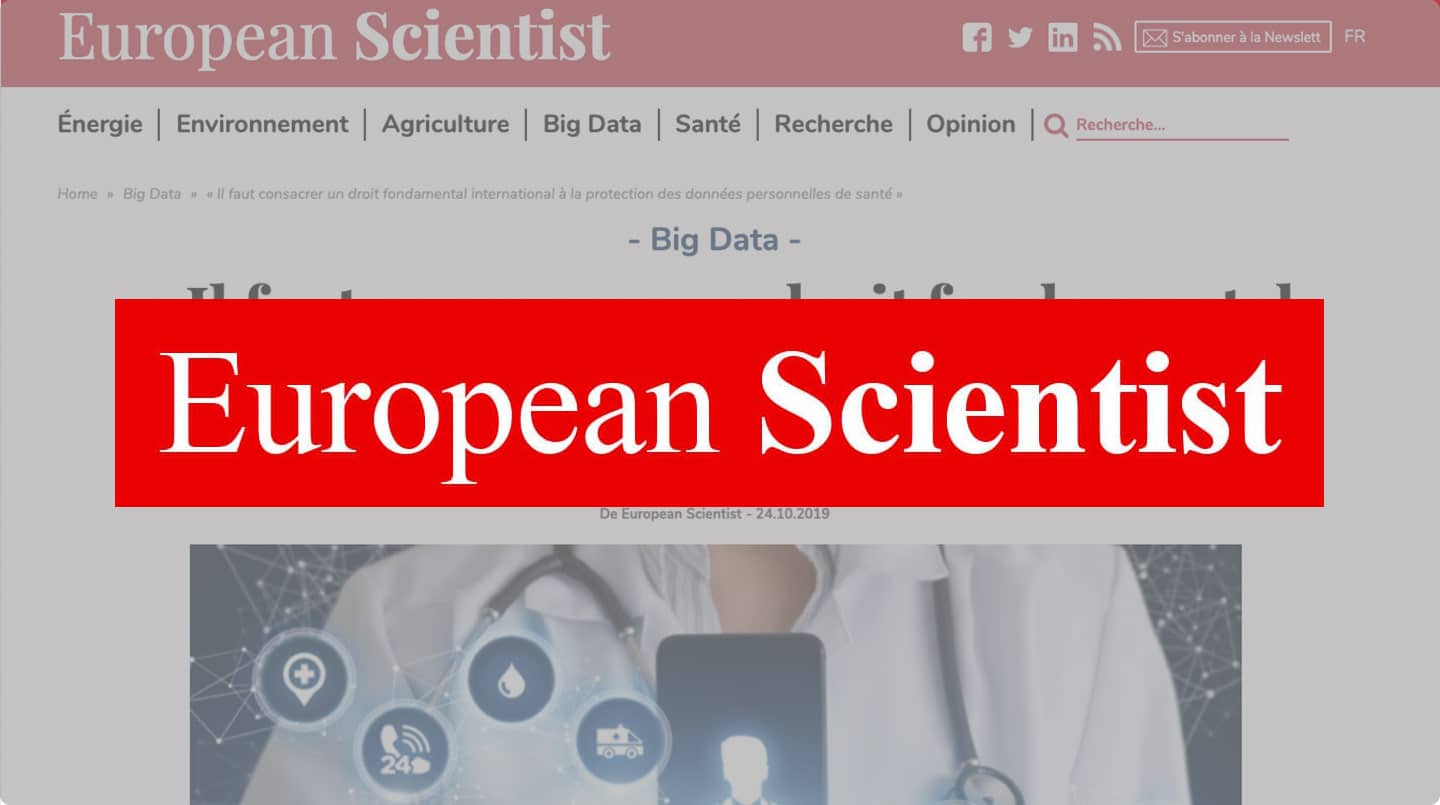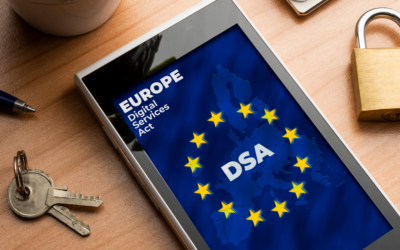Accueil I #Actualités I
SUITE A LA REDACTION DES DERNIERS COMPROMIS rédigée par la rapporteure Christel SCHALDEMOSE.
(Contexte : la dernière réunion pour validation de l’ensemble des compromis aura lieu lundi 6 décembre pour un vote en Commission IMCO le 13 décembre)
Suppression de l’ajout à la fin de ce considérant 9 et de l’article 1a4 qui ouvrent la porte à la Commission Européenne pour développer des lignes directrices pour interpréter l’interaction entre le DSA d’autres textes législatifs sectoriels comme l’article 17 de la directive « droit d’auteur »
Cet ajout est très dangereux et extrêmement problématique puisqu’il s’oppose à l’accord politique selon lequel le DSA ne doit pas impacter les règles spécifiques d’un secteur et doit s’appliquer sans préjudice de la Directive droit d’auteur. Nul besoin de lignes directrice. Son maintien est absolument inadmissible.
NOUS DEMANDONS DONC LA SUPPRESSION DE CES AJOUTS, repris ci-après de l’amendement de compromis 1(CA1)
Art 1a.4: “The Commission shall by [12 months after the entry into force of this Regulation] publish guidelines with regards to the relationship between this Regulation and the legislative acts referred to in Article 1a (3).”
Rec. 9: “To assist Member States and service providers, the Commission should provide guidelines as to how to interpret the interaction and complementary nature between different Union acts and this Regulation and how to prevent any duplication of requirements on providers or potential conflicts in the interpretation of similar requirements. In particular, the guidelines should clarify any potential conflicts between the conditions and obligations laid down in legislative acts, referred to in this Regulation, explaining which act should prevail.”
SEARCH ENGINES
Recital 27a (CA 2 B)
La première partie de ce considérant est acceptable, mais la seconde partie ne peut pas être maintenue car les moteurs de recherche ne sont pas des services de cache. (cf Impact assessment de la Commission européenne et jurisprudence) et cela créerait un nouveau “safe habour” pour les moteurs de recherche. NOUS RECOMMANDONS LA SUPPRESSION DE CETTE DEUXIEME PHRASE DU COMPROMIS 2
(27a) A single webpage or website may include elements that qualify differently between ‘mere conduit’, ‘caching’ or hosting services and the rules for exemptions from liability should apply to each accordingly. For example, a search engine may act solely as a ‘caching’ service as to information included in the results of an inquiry. Elements displayed alongside those results, such as online advertisements, would however still qualify as a hosting service.
KYBC (Amendment 90 and others) CA3
L’article 22 sur les places de marchés et KYBC sera compliqué à mettre en œuvre d’autant plus qu’il se limite aux plateformes en ligne permettant aux consommateurs de conclure des contrats à distance avec des commerçants.
C’EST POURQUOI NOUS DEMANDONS à ce que l’amendement 90 sur l’article 13b déposé par Mme SCHALDEMOSE ET l’amendement 106 de la Commission CULT soient votés séparément n’étant pas couvert par le compromis 3, les dispositions contenues dans ces amendements très importants et efficaces pour la mise en œuvre de ce texte tombant si ce compromis était adopté.
Ce serait très dommageable pour la traçabilité des business users. Un champ d’application plus large est nécessairement indispensable pour répondre au problème opérateurs illégaux qui agissent au niveau commercial et se cachent derrière de fausses identités
COMPROMIS 4
L’article 14 a évolué par rapport aux précédentes propositions mais laissent encore beaucoup trop de pouvoir aux plateformes.
Il pose un vrai problème dans sa rédaction actuelle car il crée une confusion en faisant un lien entre l’article 5 sur la « liability » et l’article 14 sur la « due diligence ». Ces deux articles doivent absolument être traités indépendamment.
NOUS DEMANDONS que l’article 14 se concentre sur la « due diligence » si l’on veut conserver au DSA son sens premier qui est de renforcer les règles concernant les contenus illégaux.
L’article 14 (3)a dans sa rédaction actuelle dispose qu’un contenu qui a fait l’objet d’une notification reste accessible tant que l’évaluation de sa légalité est en cours sans préjudice pour les fournisseurs qui n’ont pas supprimé l’accès au contenu. Dans la mesure où la notification doit rester accessible pendant le temps de l’examen de sa légalité, cela induit de facto la supériorité juridique des conditions générales d’utilisation.
L’INSTITUT DEMANDE LA REDACTION SUIVANTE :
3a – Information that has been the subject of a notice AND THAT IS NOT ILLEGAL shall remain accessible while the assessment of its legality is still pending, without prejudice to the right of providers of hosting services to apply their terms and conditions. Providers of hosting services shall not be held liable for failure to remove notified information, while the assessment of legality is still pending.
L’article 16 dans son ensemble est problématique. Le système de « waiver » mis en place est catastrophique car il va complexifier énormément le processus, affaiblir la sécurité juridique de tous et favoriser l’émergence de zone de non-droit en ligne.
Il est à souligner également, et c’est inquiétant ; la question des trusted flaggers a complètement disparu de ces compromis.
RECITAL 9 AND ARTICLE 1a.4 – CA 1
WE ASK FOR THE WITHDRAWAL of the addition to Recital 9 and Art 1a.4 as it opens the door for a new Commission Guidelines to interpret the interaction between DSA and other sector-specific laws, which would include notably Art 17 of the Copyright Directive.
This addition needs to be deleted, as it goes against the political agreement on DSA that it should not impact sector specific rules and it should apply without prejudice to the copyright directive.
AS A CONSEQUENCE, WE ASK FOR THE REMOVAL OF THE BELOW WORDING ADDED TO RECITAL 9 AND ART. 1a.4 OF THE COMPROMISE AMENDMENT 1 (CA 1):
Art 1a.4: “The Commission shall by [12 months after the entry into force of this Regulation] publish guidelines with regards to the relationship between this Regulation and the legislative acts referred to in Article 1a (3).”
Rec. 9: “To assist Member States and service providers, the Commission should provide guidelines as to how to interpret the interaction and complementary nature between different Union acts and this Regulation and how to prevent any duplication of requirements on providers or potential conflicts in the interpretation of similar requirements. In particular, the guidelines should clarify any potential conflicts between the conditions and obligations laid down in legislative acts, referred to in this Regulation, explaining which act should prevail.”
SEARCH ENGINES – RECITAL 27a – CA 2 B
The first part of this recital is acceptable, but the second part cannot be maintained because search engines are not “caching” services (cf. European Commission’s Impact Assessment and existing case law) and this would create a new safe harbour for search engines.
WE RECOMMEND THE DELETION OF THIS SECOND SENTENCE FROM COMPROMISE 2
(27a) A single webpage or website may include elements that qualify differently between ‘mere conduit’, ‘caching’ or hosting services and the rules for exemptions from liability should apply to each accordingly. For example, a search engine may act solely as a ‘caching’ service as to information included in the results of an inquiry. Elements displayed alongside those results, such as online advertisements, would however still qualify as a hosting service.
KYBC (Amendment 90 and others) – CA3
The Compromise amendment on Article 22 on Traceability of Traders (on marketplaces and KYBC) will be complicated to implement, especially as it is limited to online platforms allowing consumers to conclude distance contracts with traders.
THIS IS WHY WE ASK that the important and positive Amendment 90 on Article 13b tabled by Ms Schaldemose AND Amendment 106 of the CULT Committee be voted separately as they are not covered by compromise 3, the provisions contained in these very useful and vital amendments for the efficiency of the text falling if this compromise is adopted.
This would be very damaging for the traceability of business users. A broader scope is necessarily necessary to address the problem of illegal operators who operate commercially and hide behind false identities
COMPROMISE AMENDMENT 4
Article 14 has evolved from previous proposals but still leaves far too much power to platforms.
It is a real problem as currently drafted because it creates confusion by linking Article 5 on liability and Article 14 on due diligence. These two articles must be treated independently.
WE DEMAND that Article 14 focus on « due diligence » if the DSA is to retain its original purpose of strengthening the rules on illegal content.
Article 14(3)a as currently drafted provides that content which has been notified remains accessible while the assessment of its legality is ongoing without prejudice to providers who have not removed access to the content. Insofar as the notification must remain accessible while its legality is being assessed, this de facto implies the legal superiority of the general terms of use.
THE IdfRIghts RECOMMENDS THE FOLLOWING DRAFTING:
3a – Information that has been the subject of a notice AND THAT IS NOT ILLEGAL shall remain accessible while the assessment of its legality is still pending, without prejudice to the right of providers of hosting services to apply their terms and conditions. Providers of hosting services shall not be held liable for failure to remove notified information, while the assessment of legality is still pending.
Article 16 as a whole is problematic. The waiver system put in place is catastrophic because it will make the process much more complex, weaken legal certainty for all and encourage the emergence of online lawlessness.
It should also be noted that, worryingly, the issue of trusted flaggers has completely disappeared from these compromises.
Jean-Marie Cavada, Président iDFrights
Colette Bouckaert, Secrétaire Générale iDFrights
CONSIDERANT 9 ET ARTICLE 1a.4 – CA 1






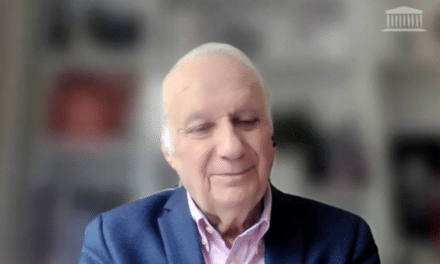


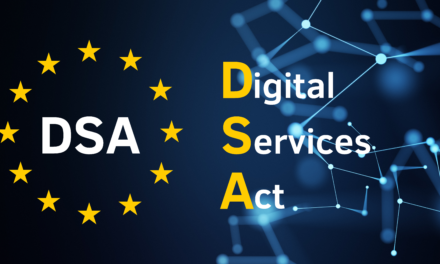

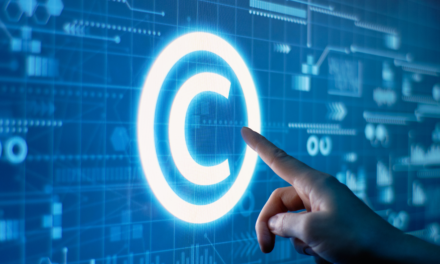

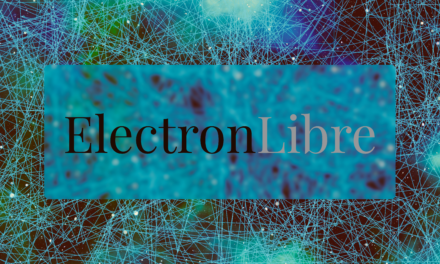



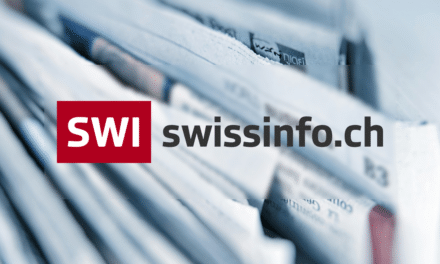



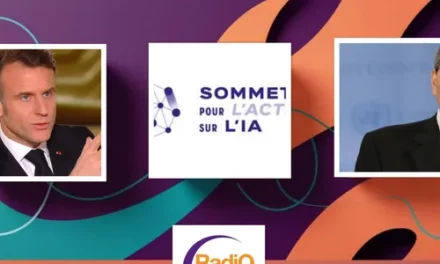



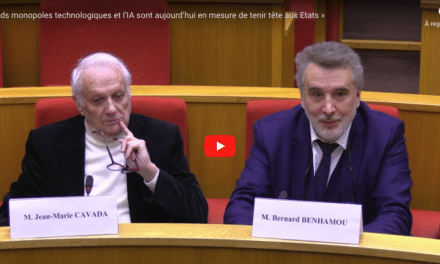
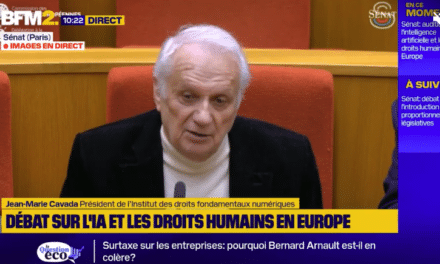

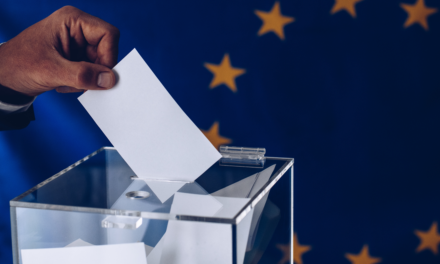


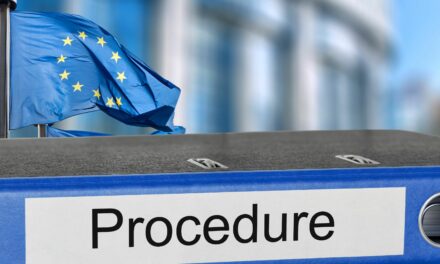

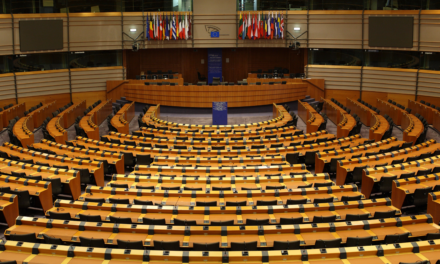



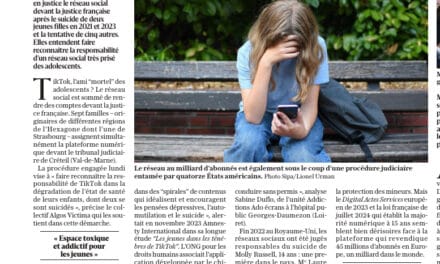




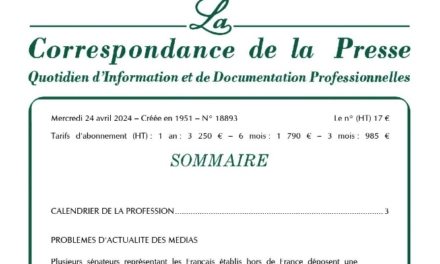
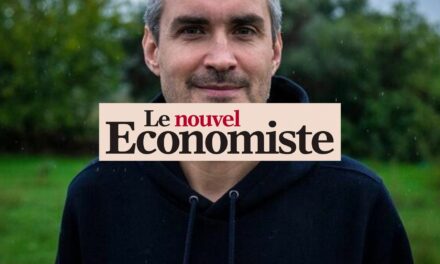




![[DSA, AI Act] Régulation, et si l’Europe avait raison ? Podcast les Eclaireurs du Numérique avec Jean-Marie Cavada](https://idfrights.org/wp-content/uploads/2023/12/8c234391-01e8-40d4-9608-4ea6c80d4f11-440x264.jpg)


